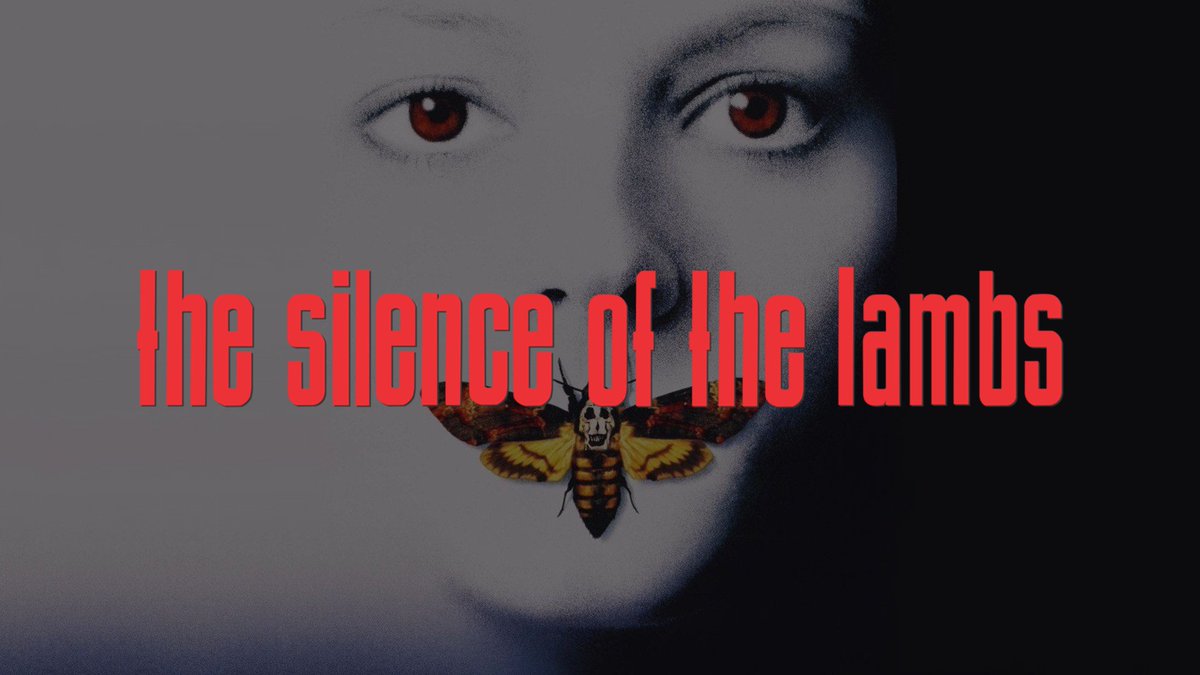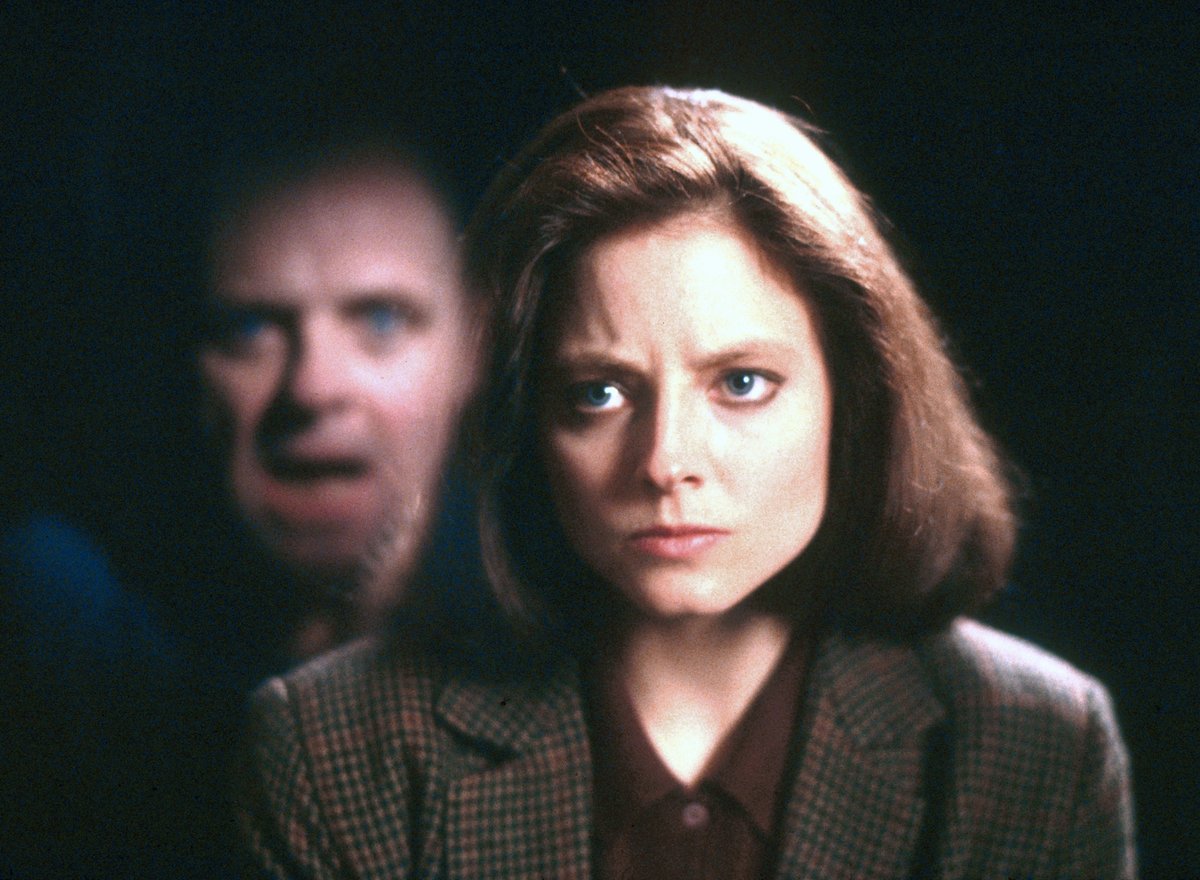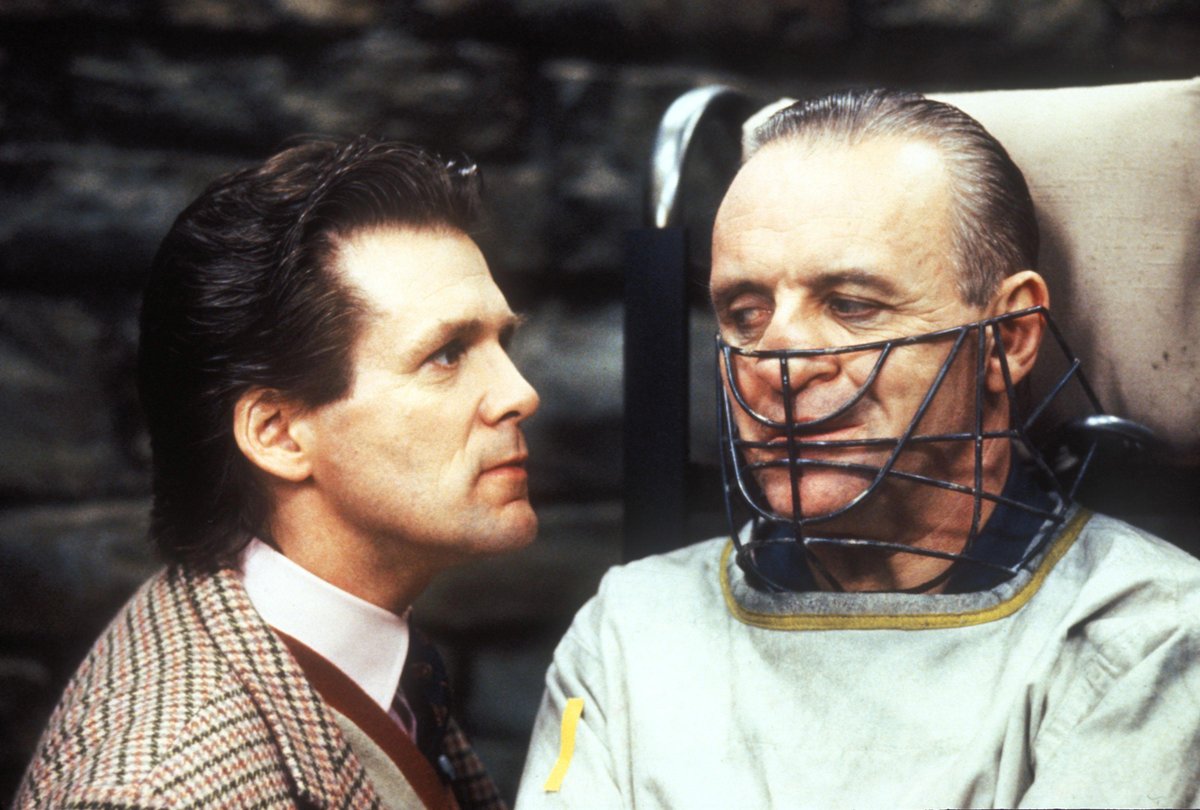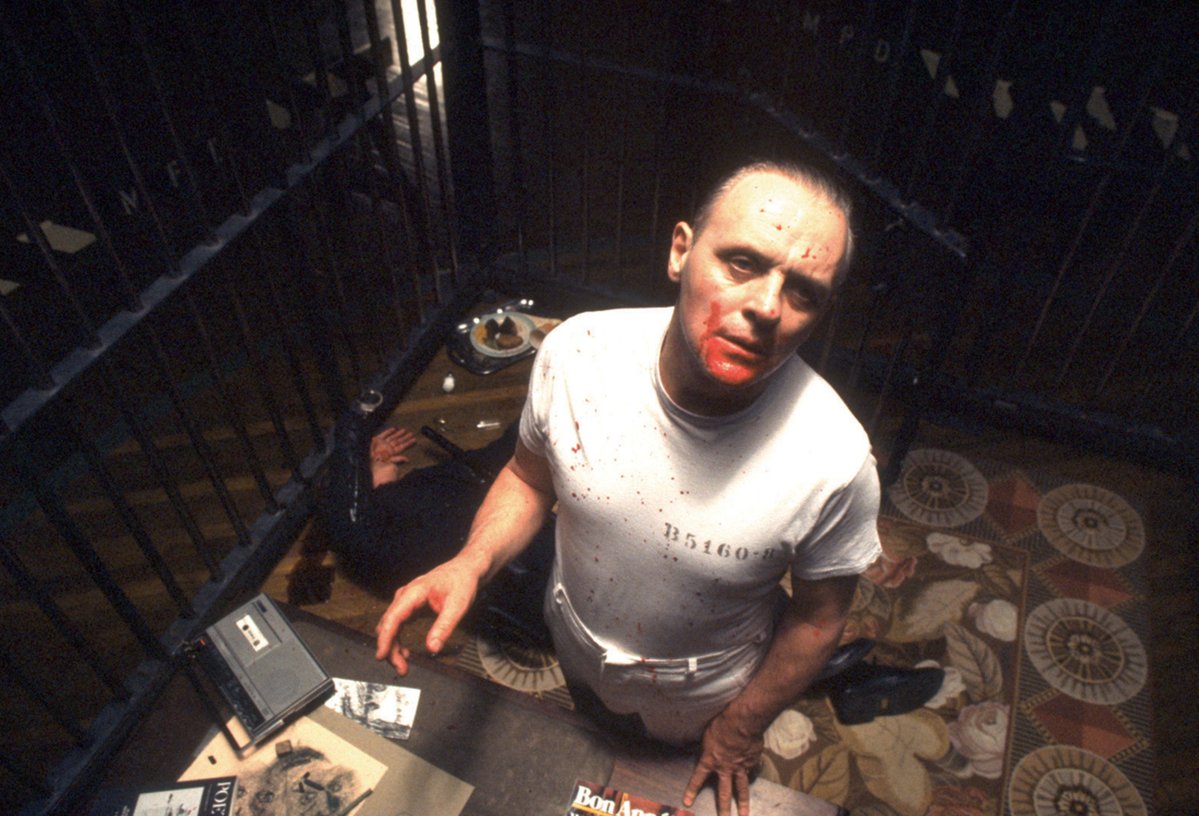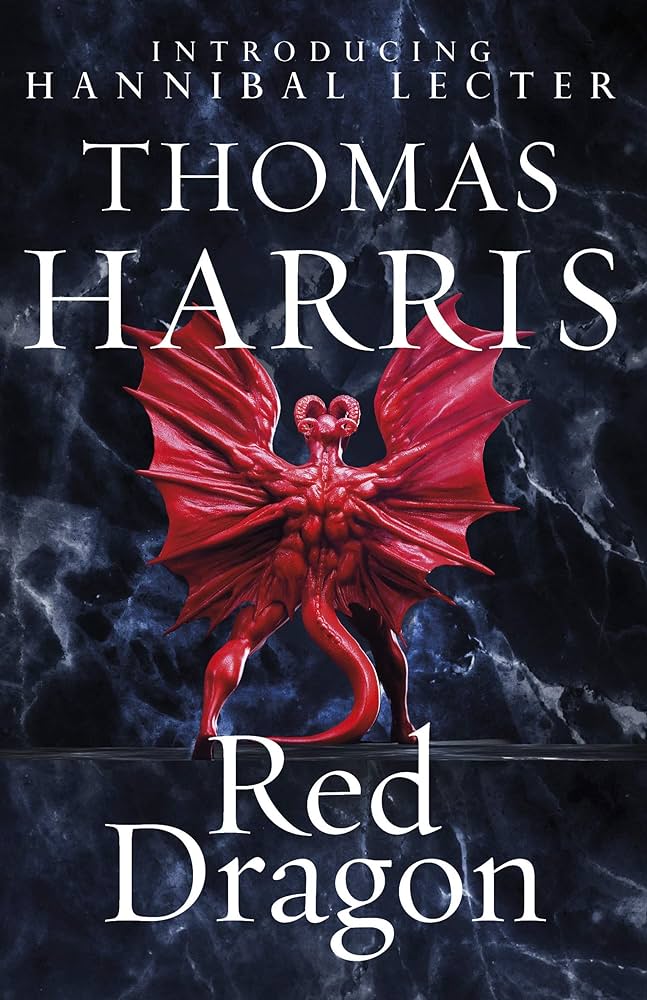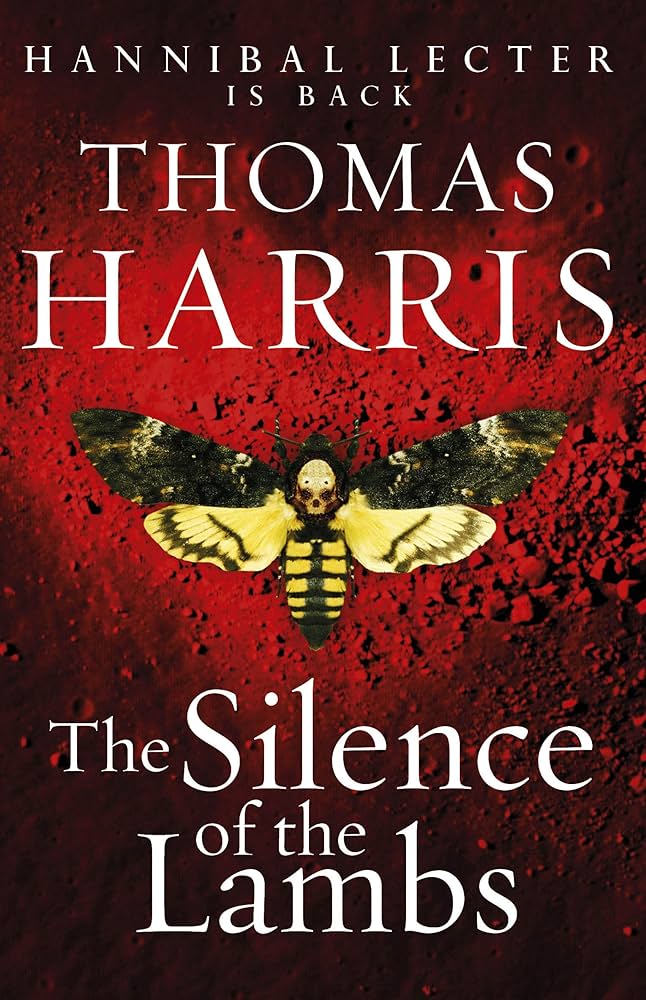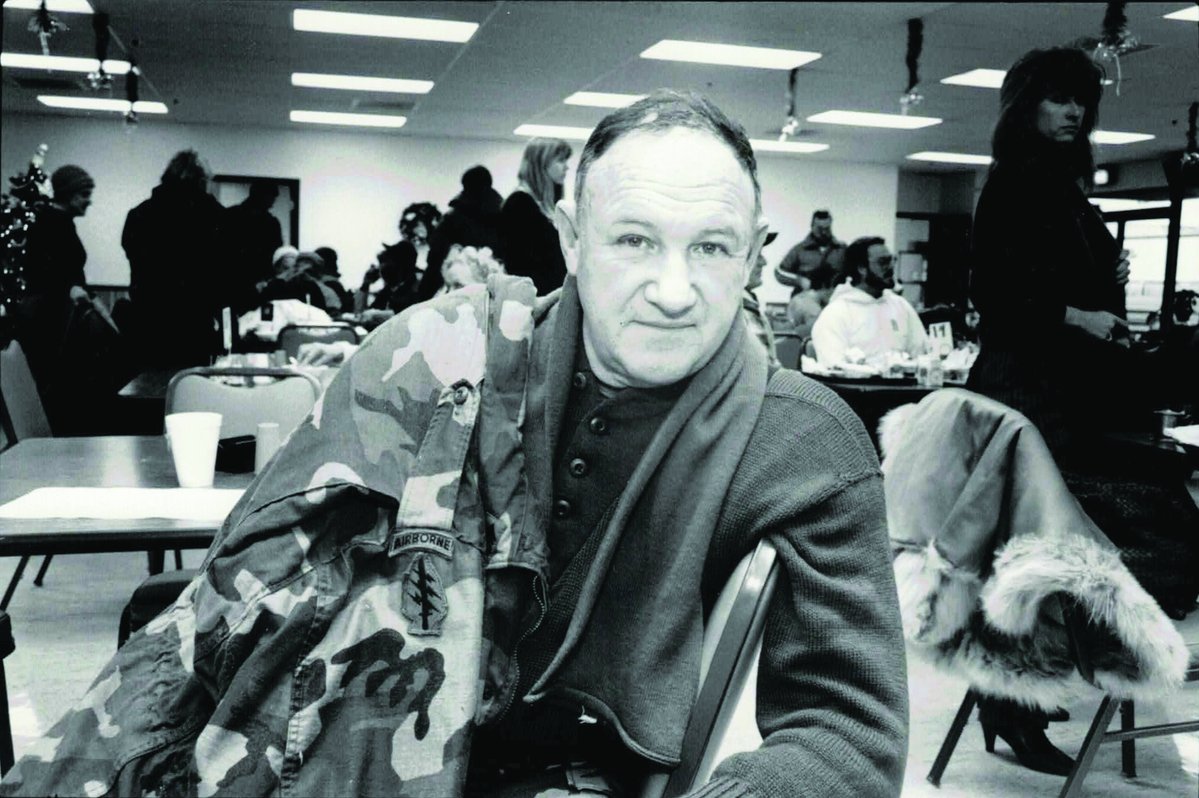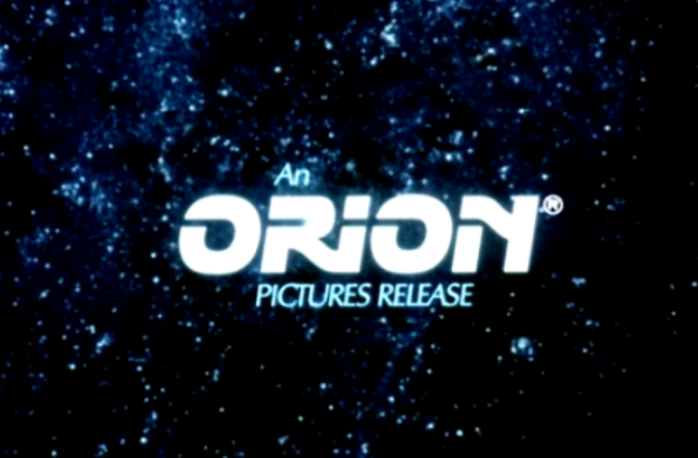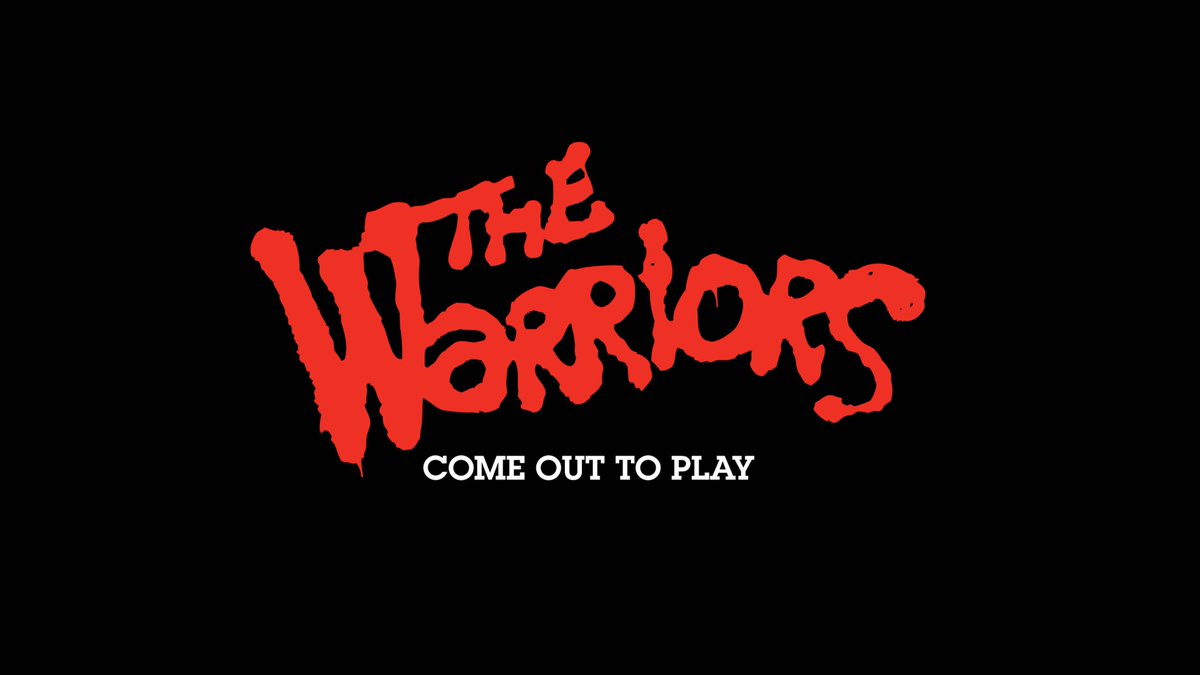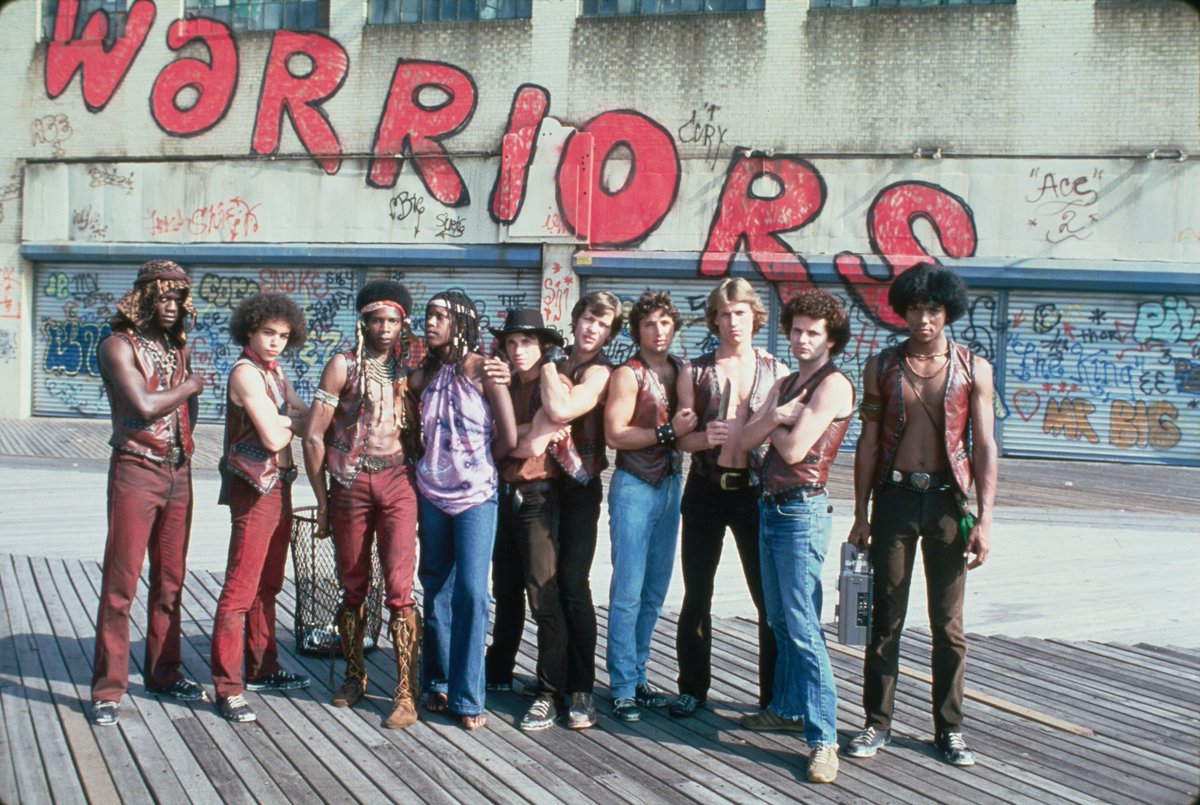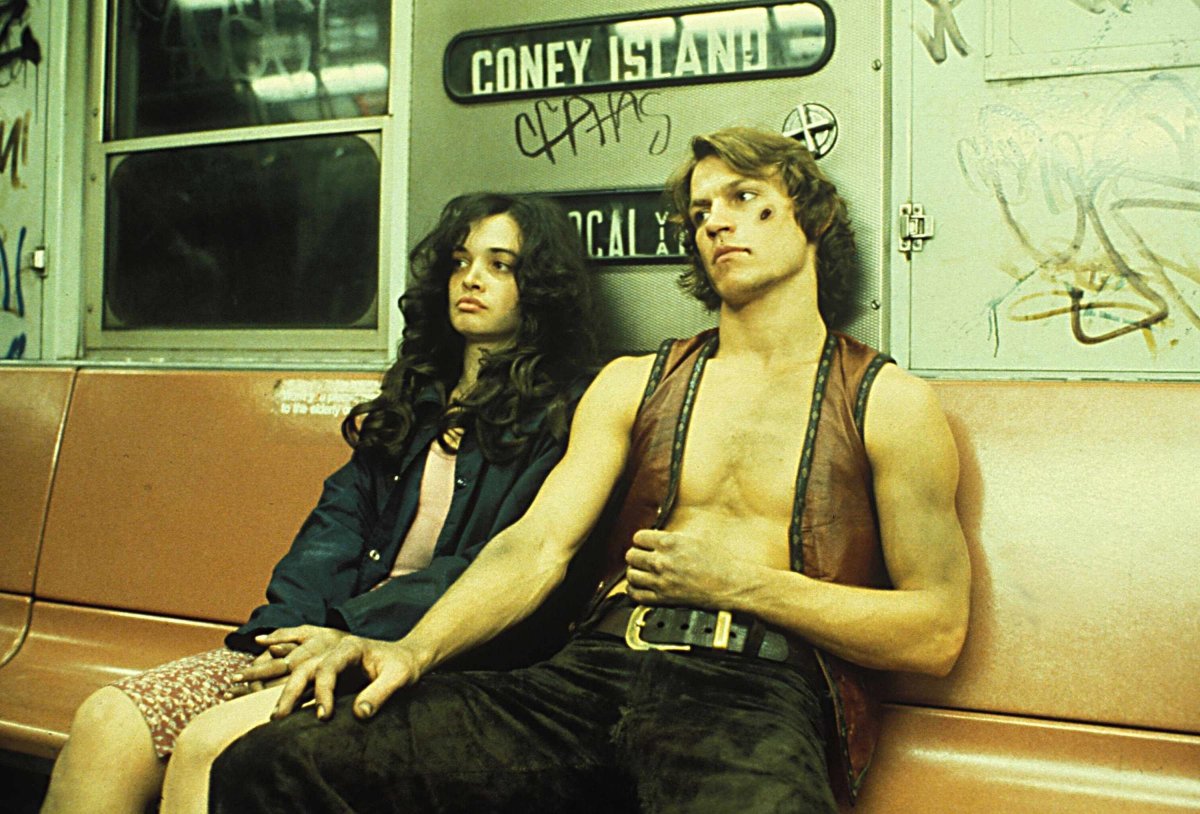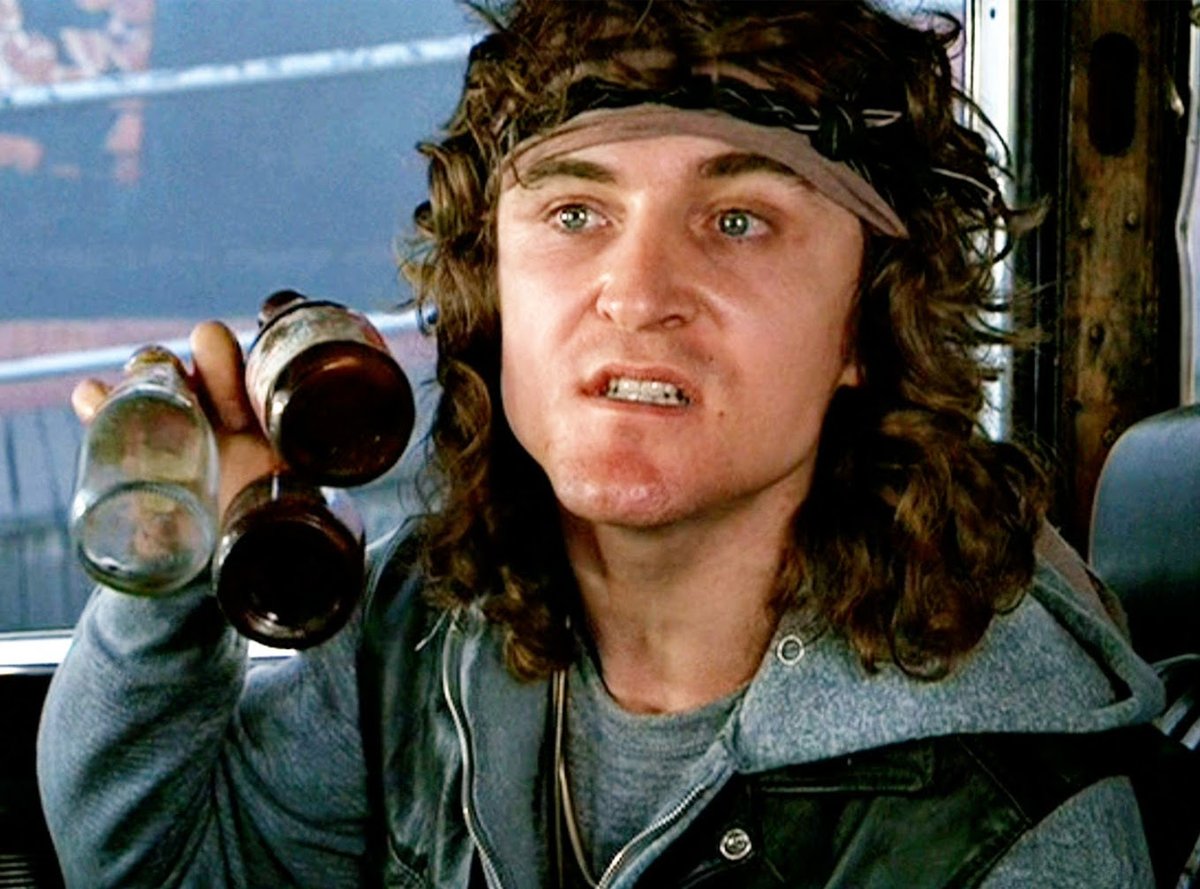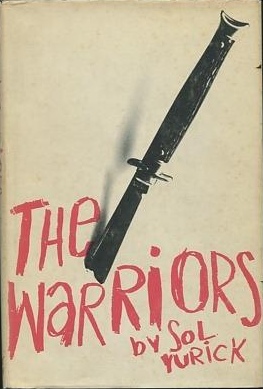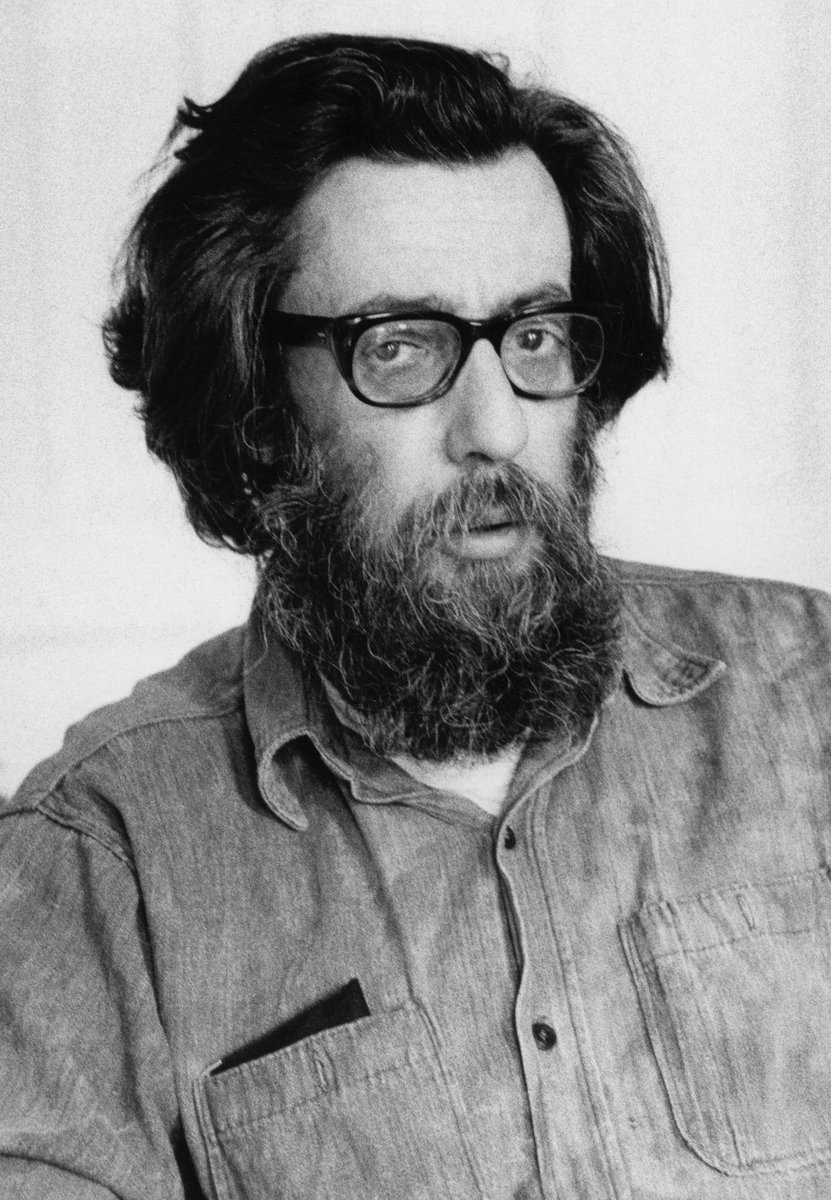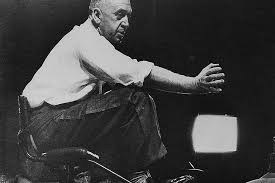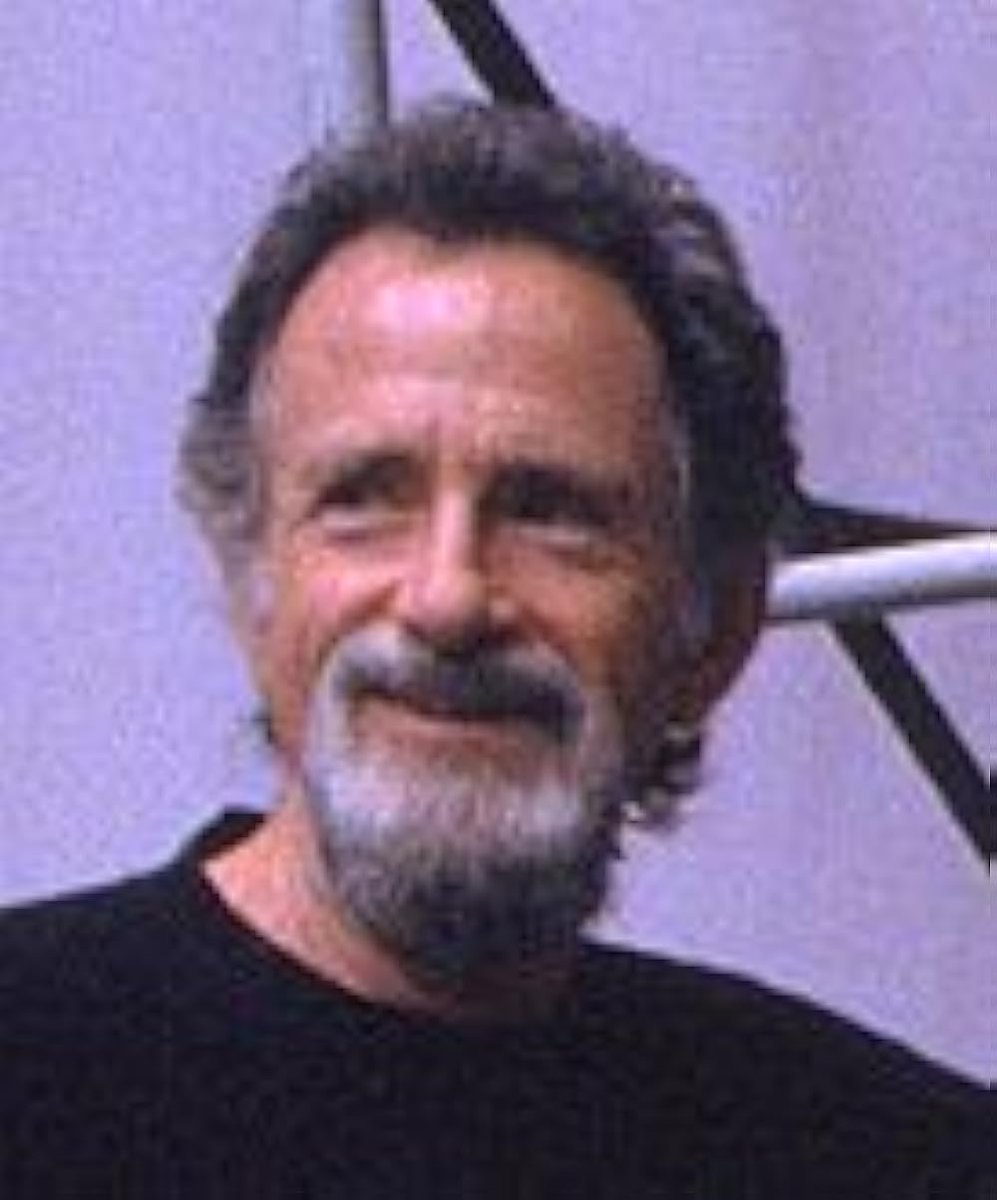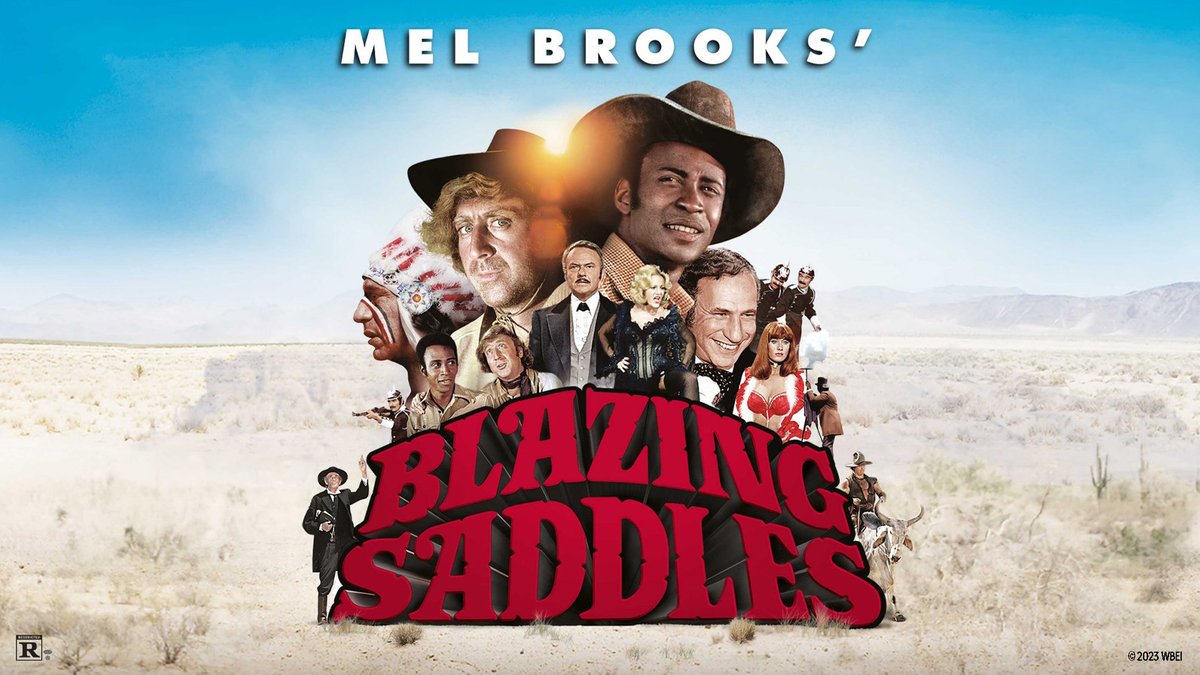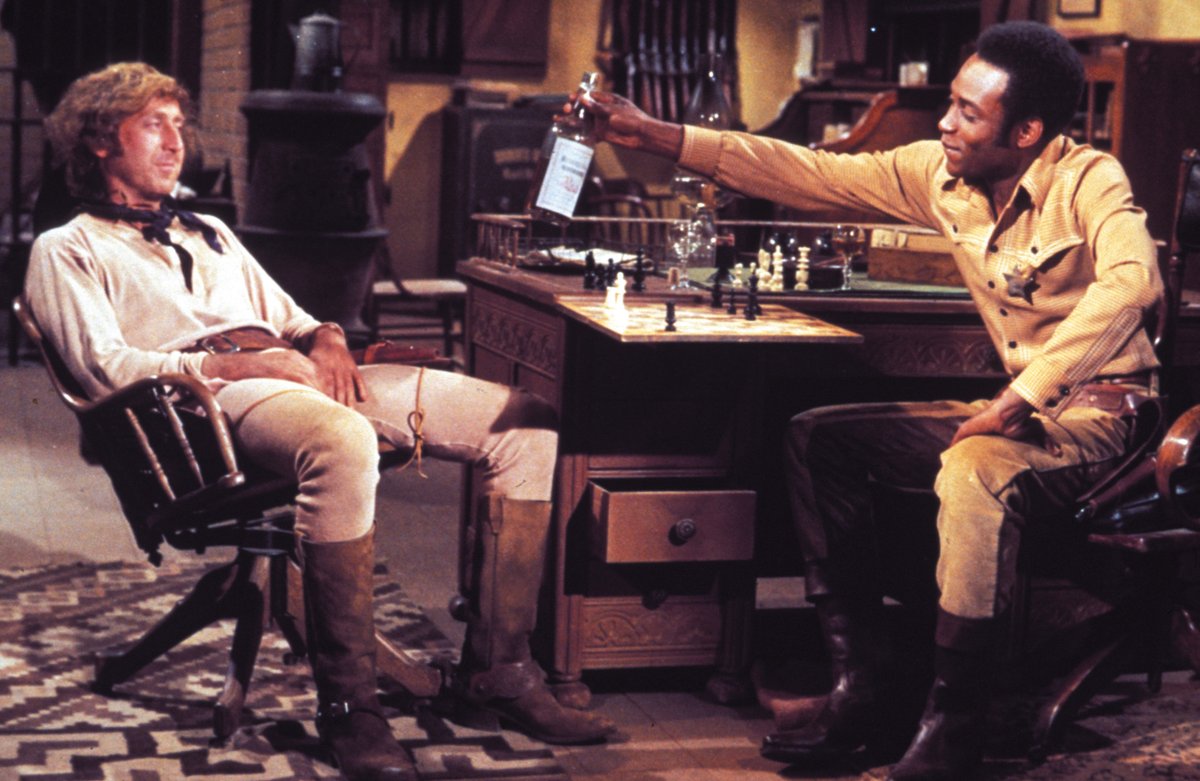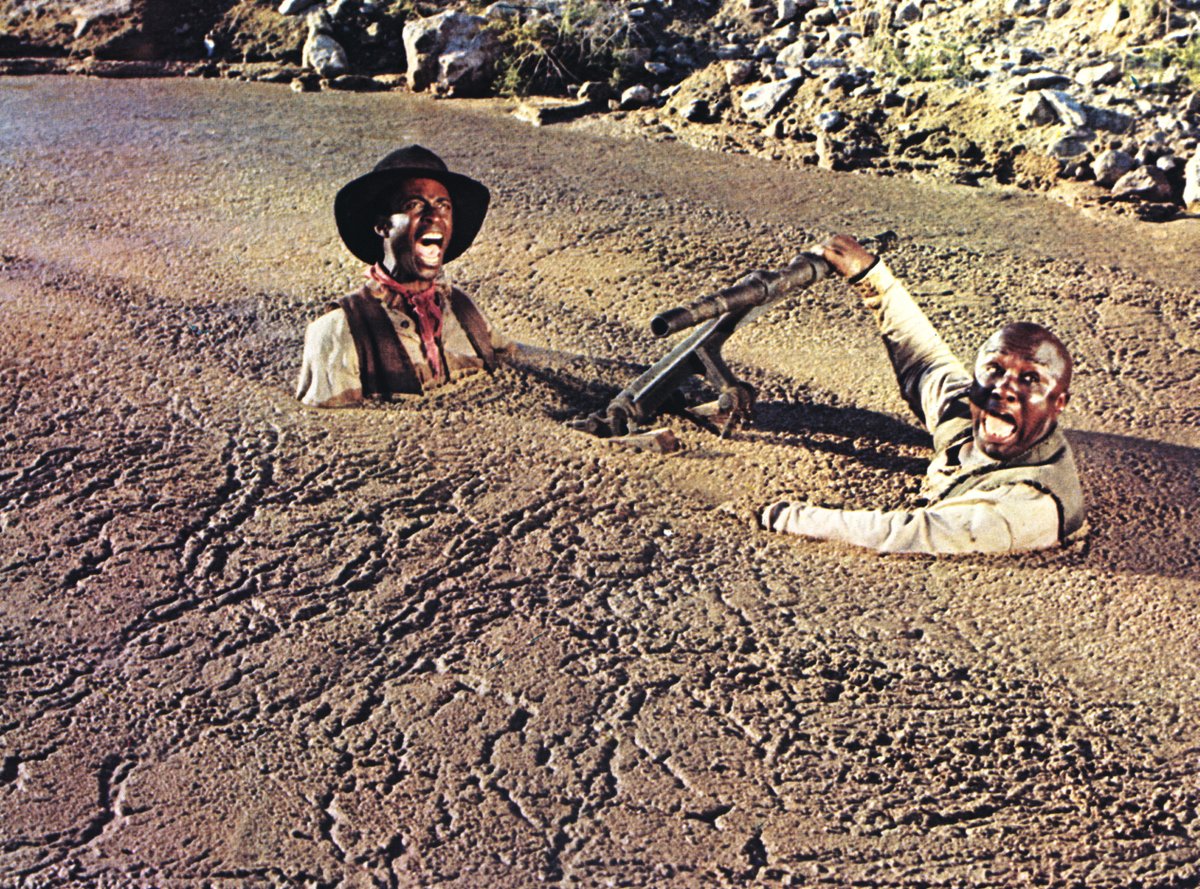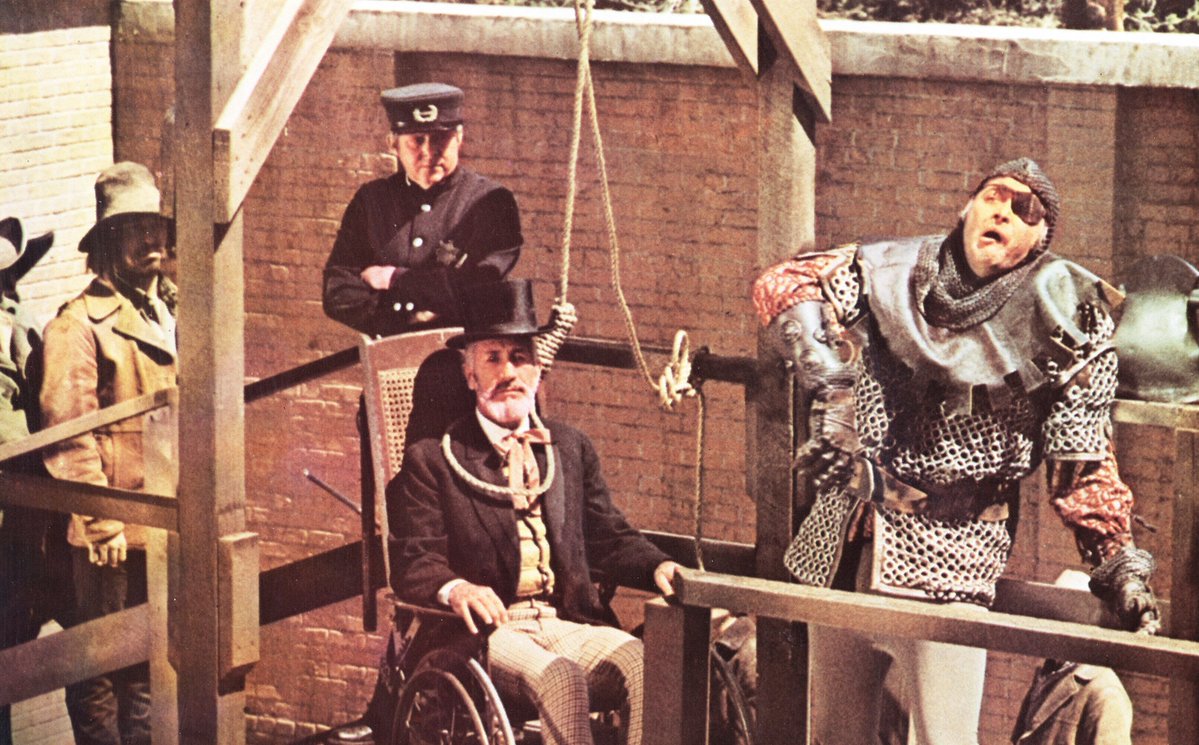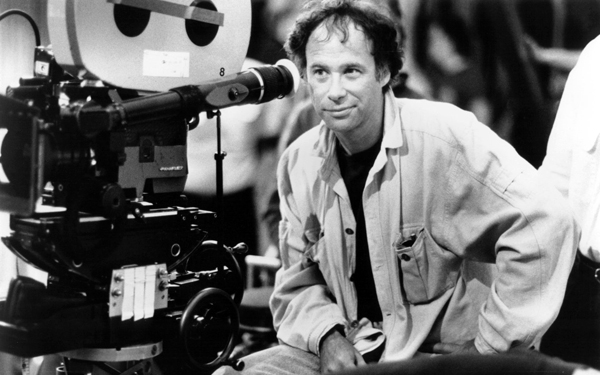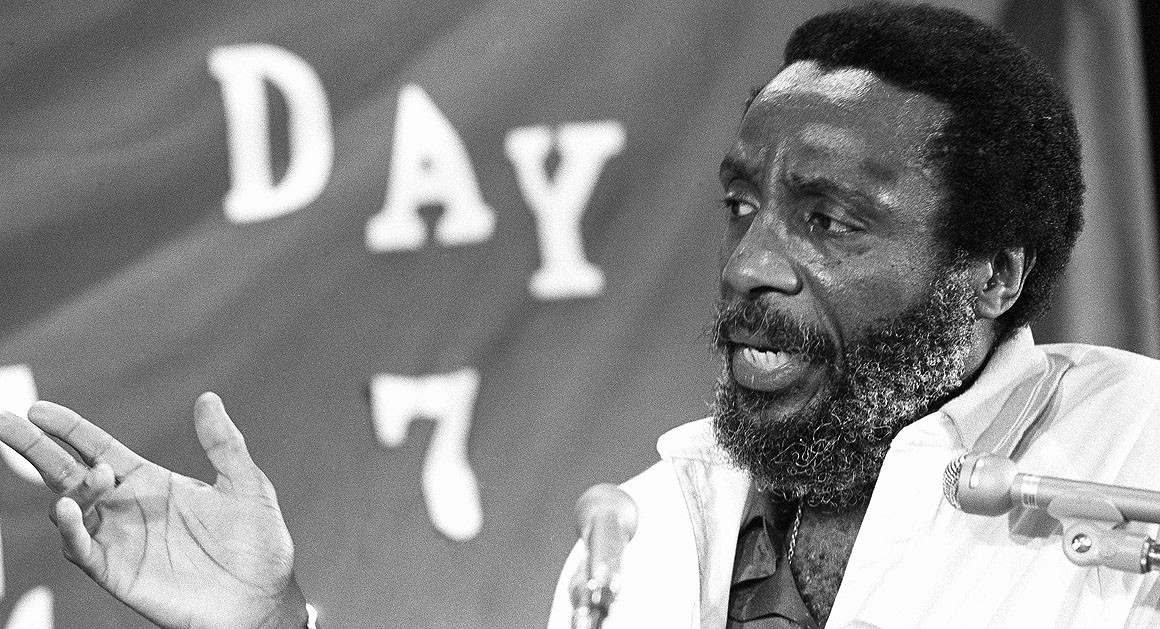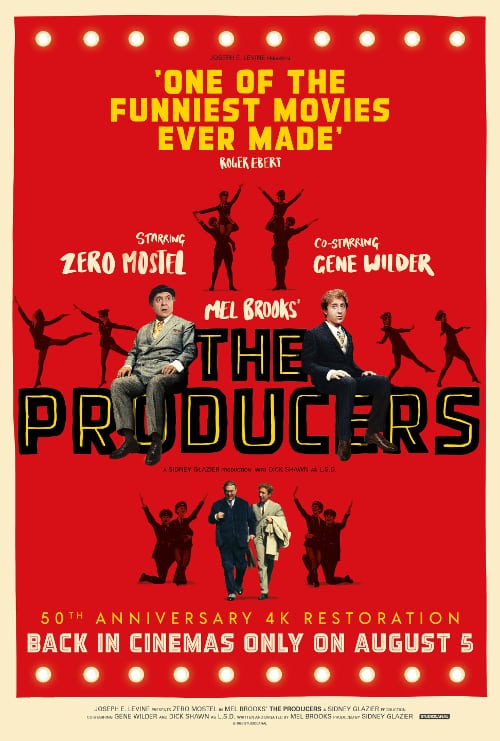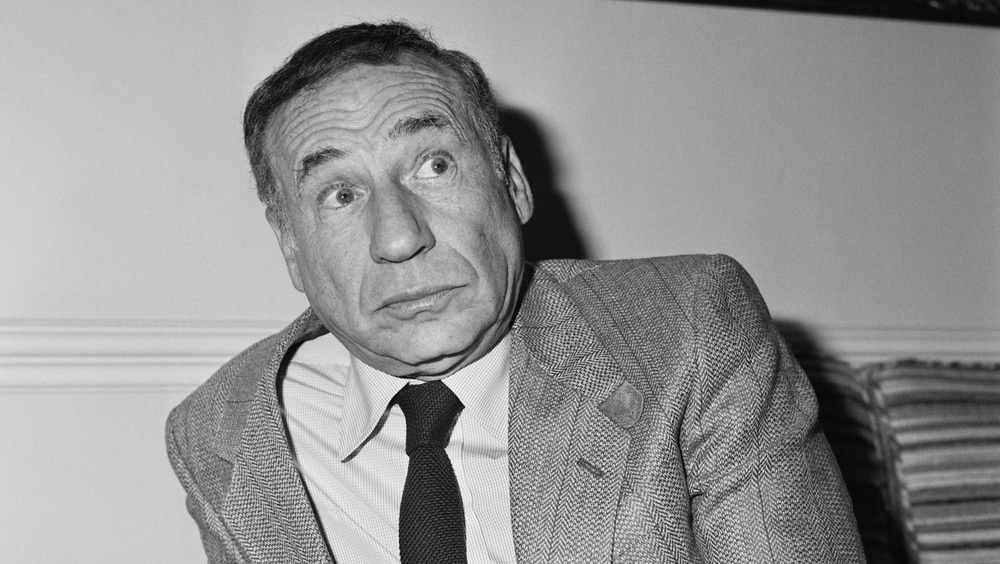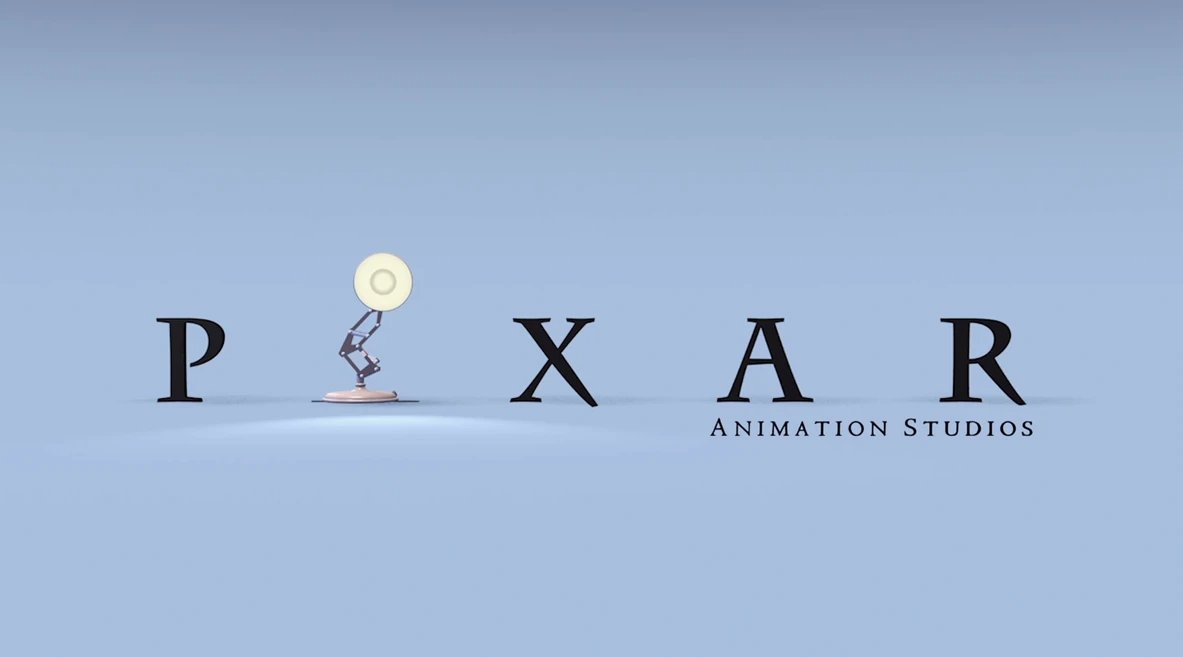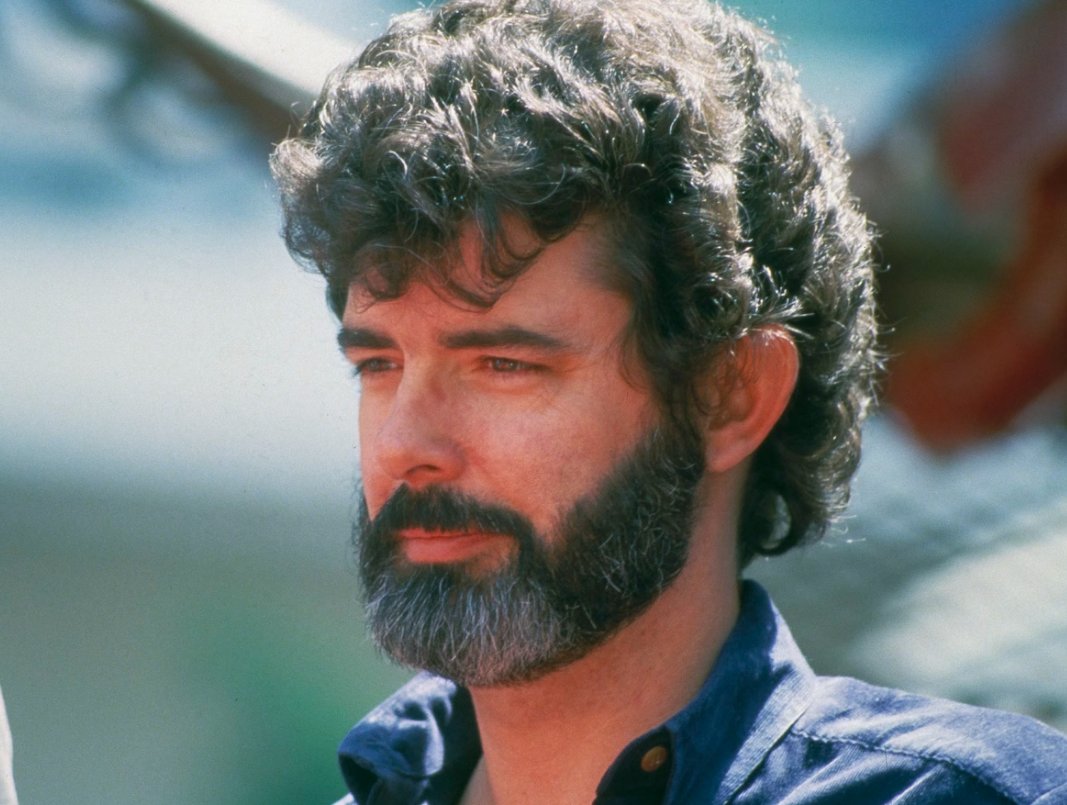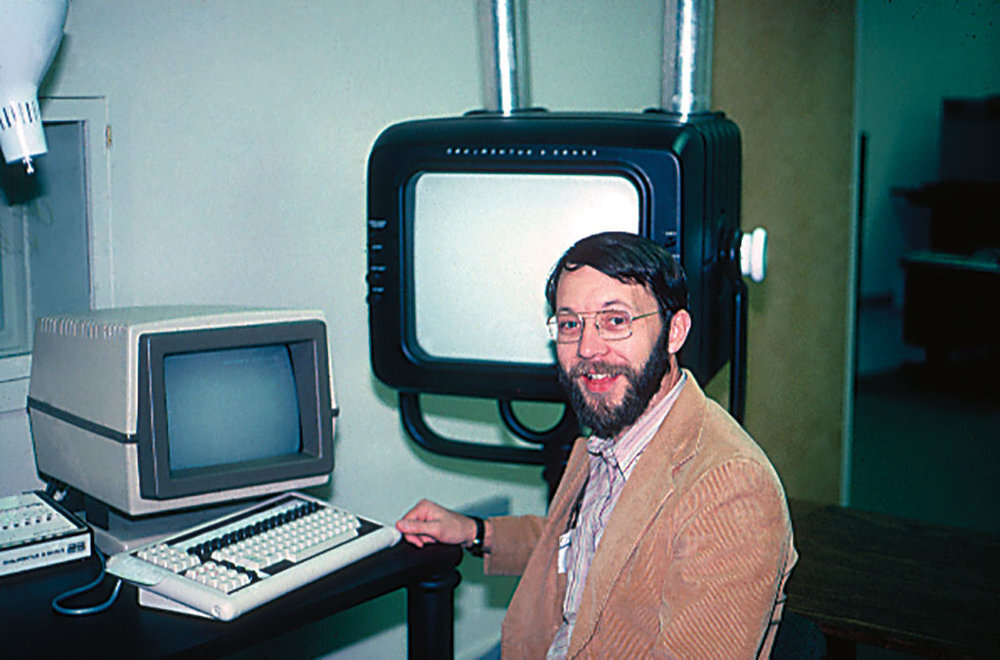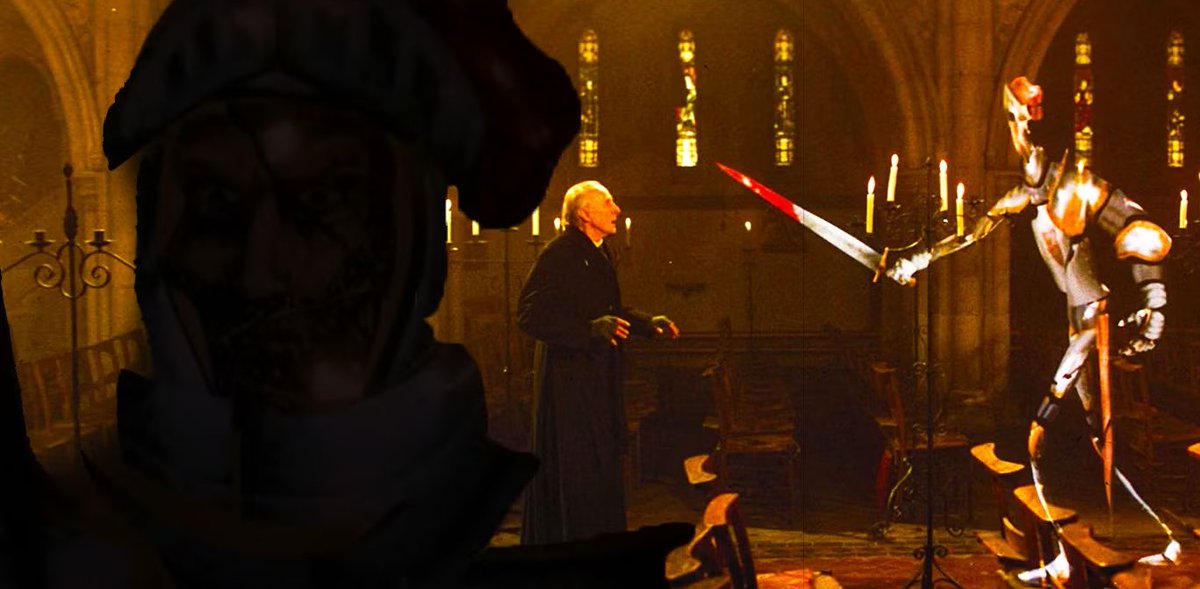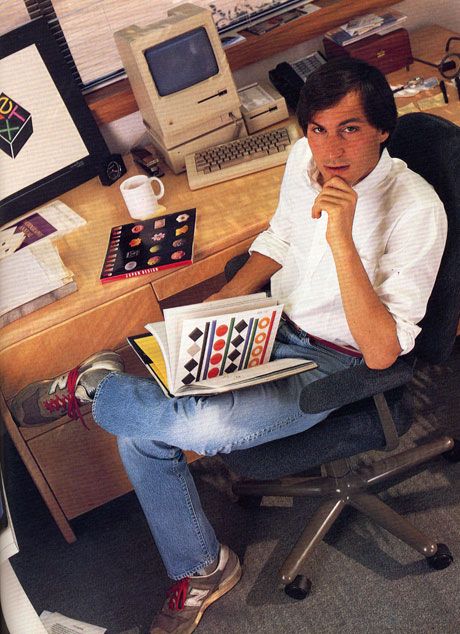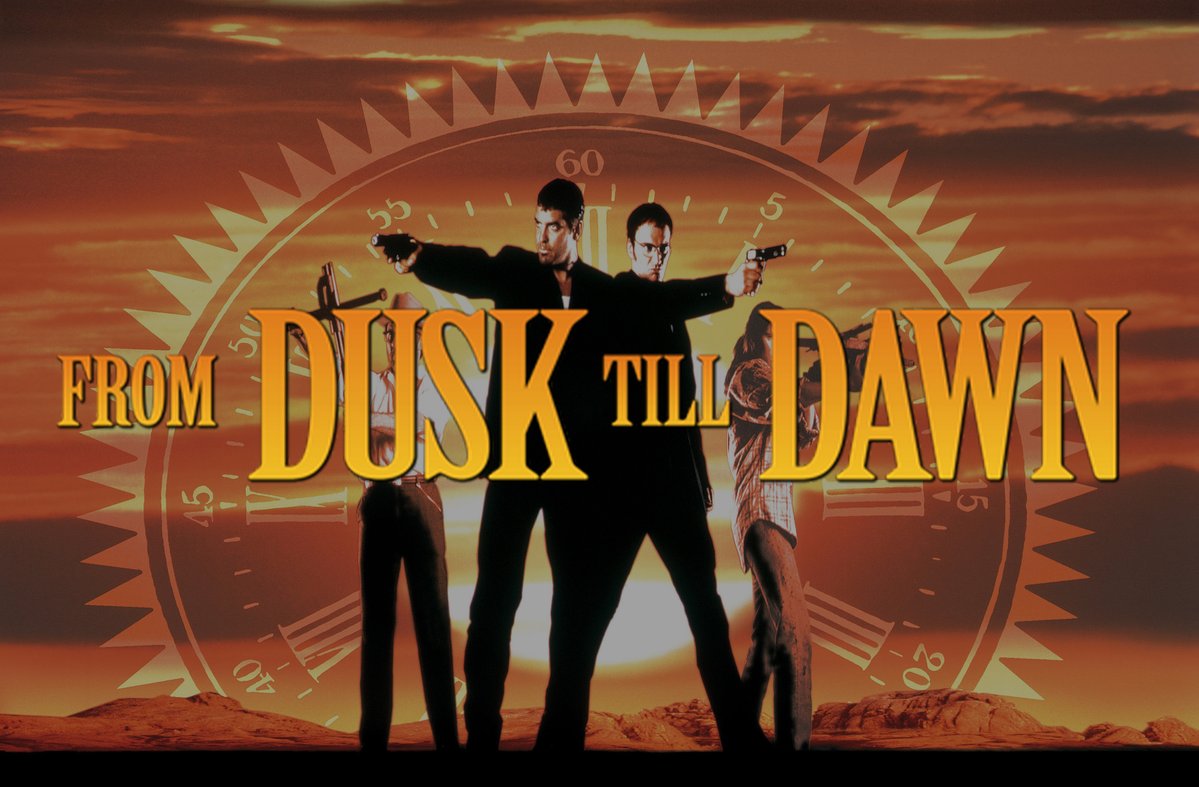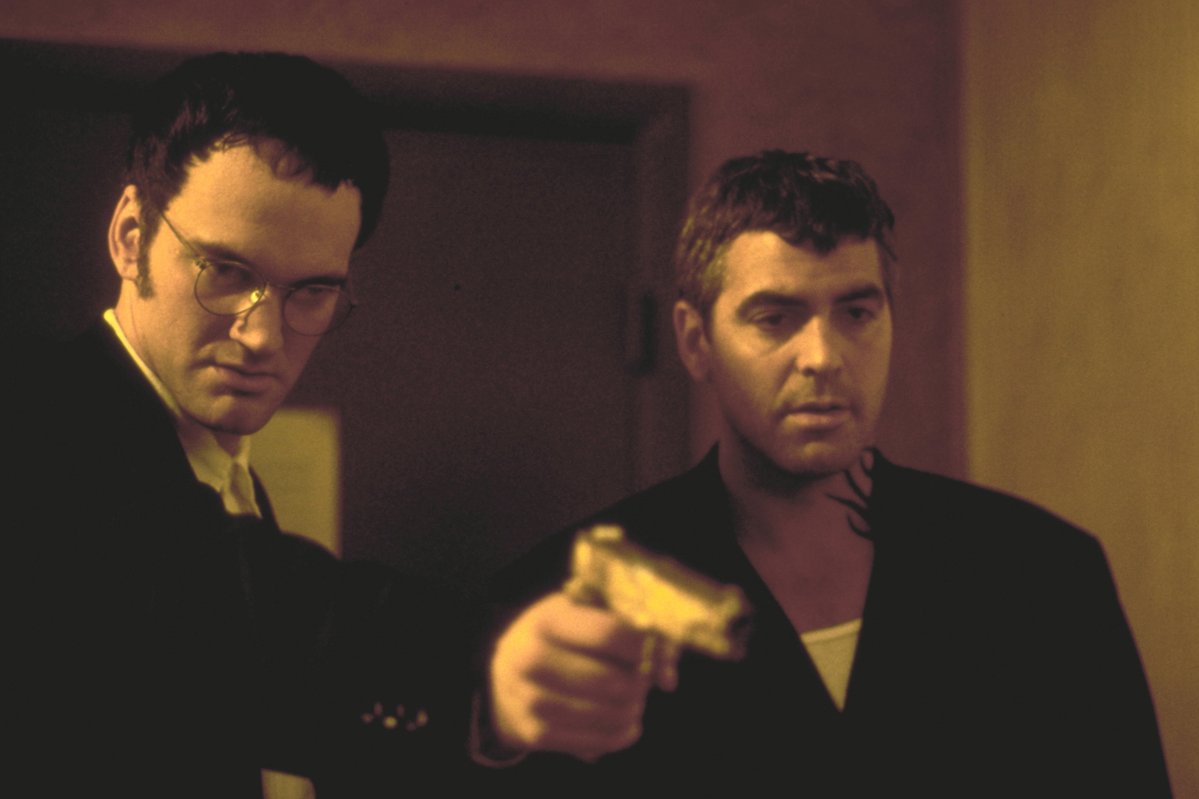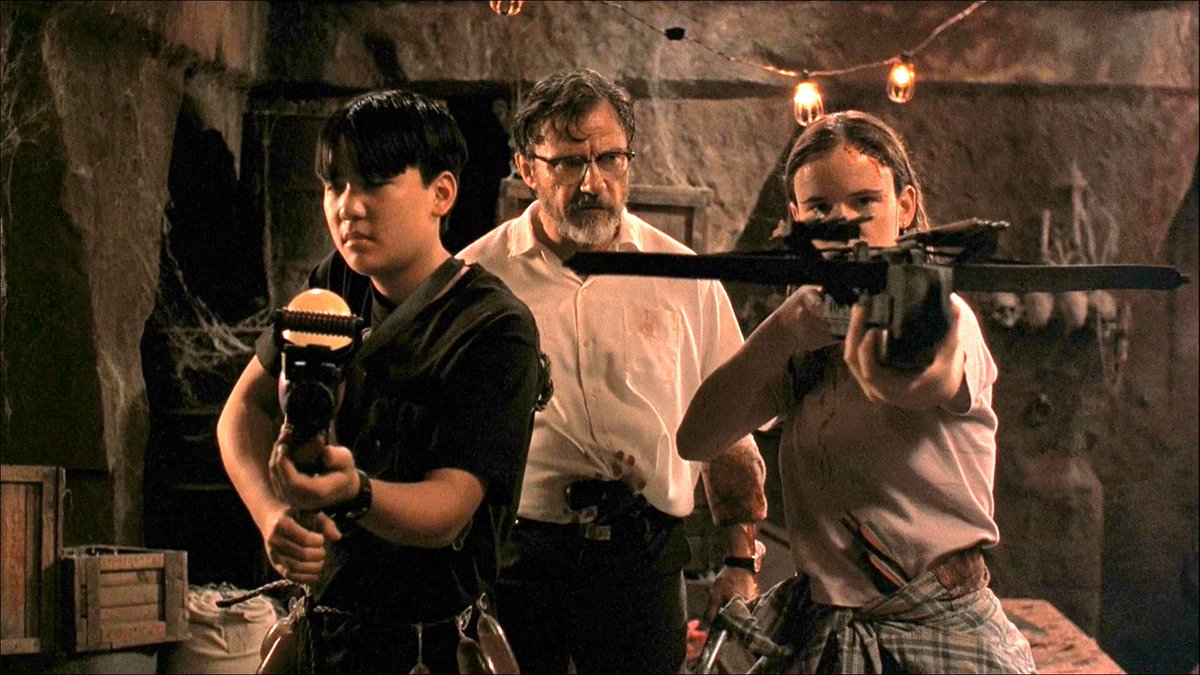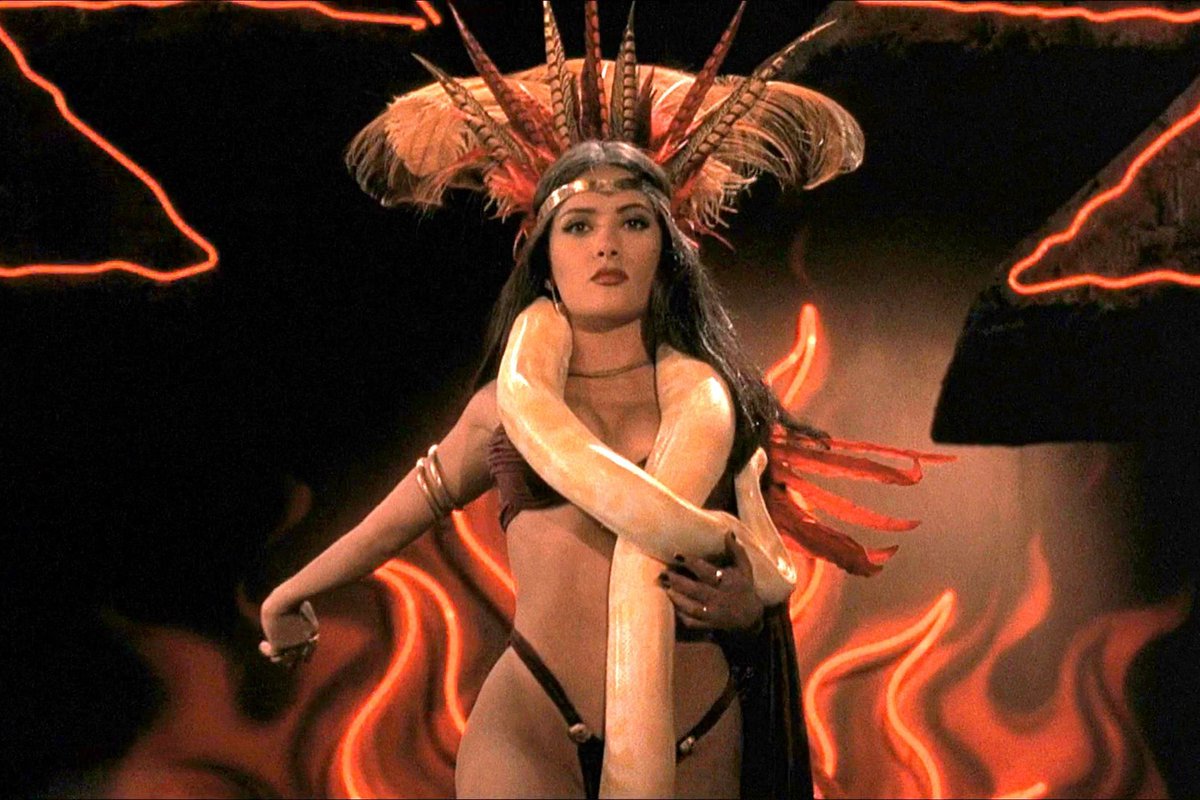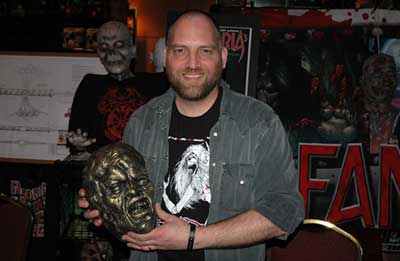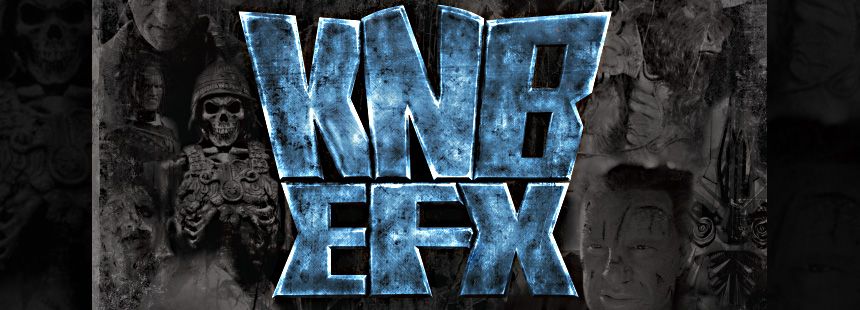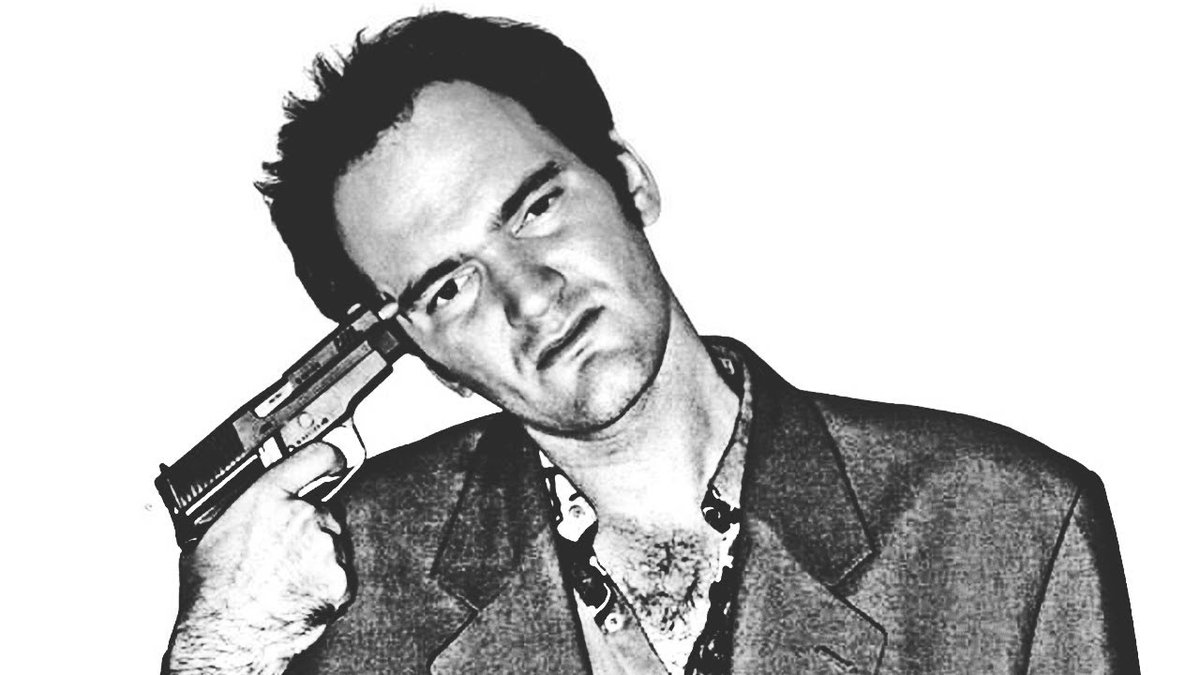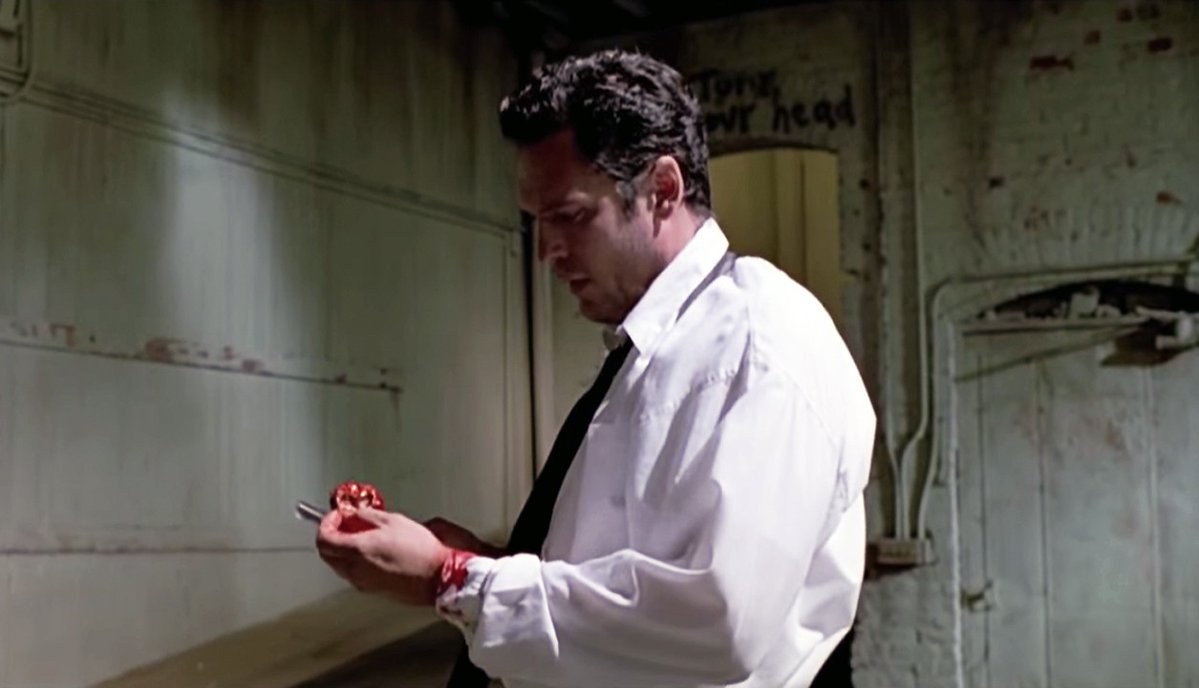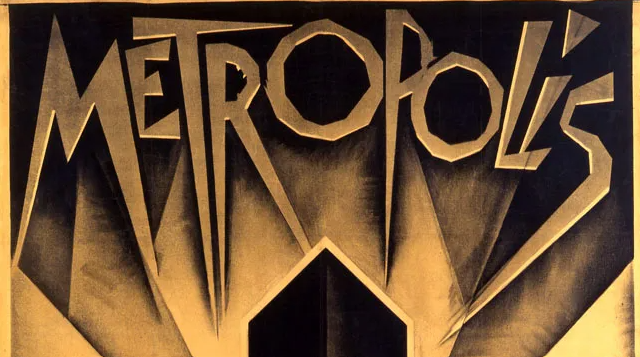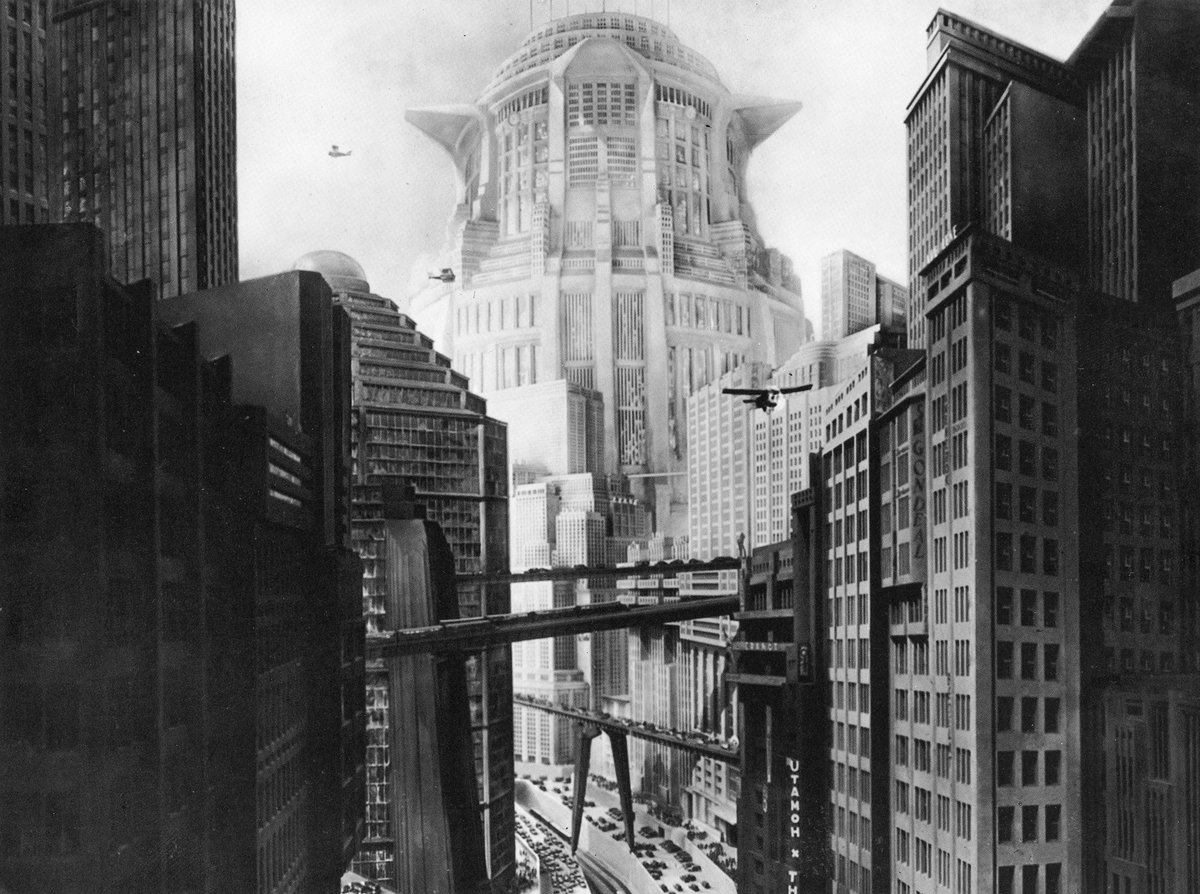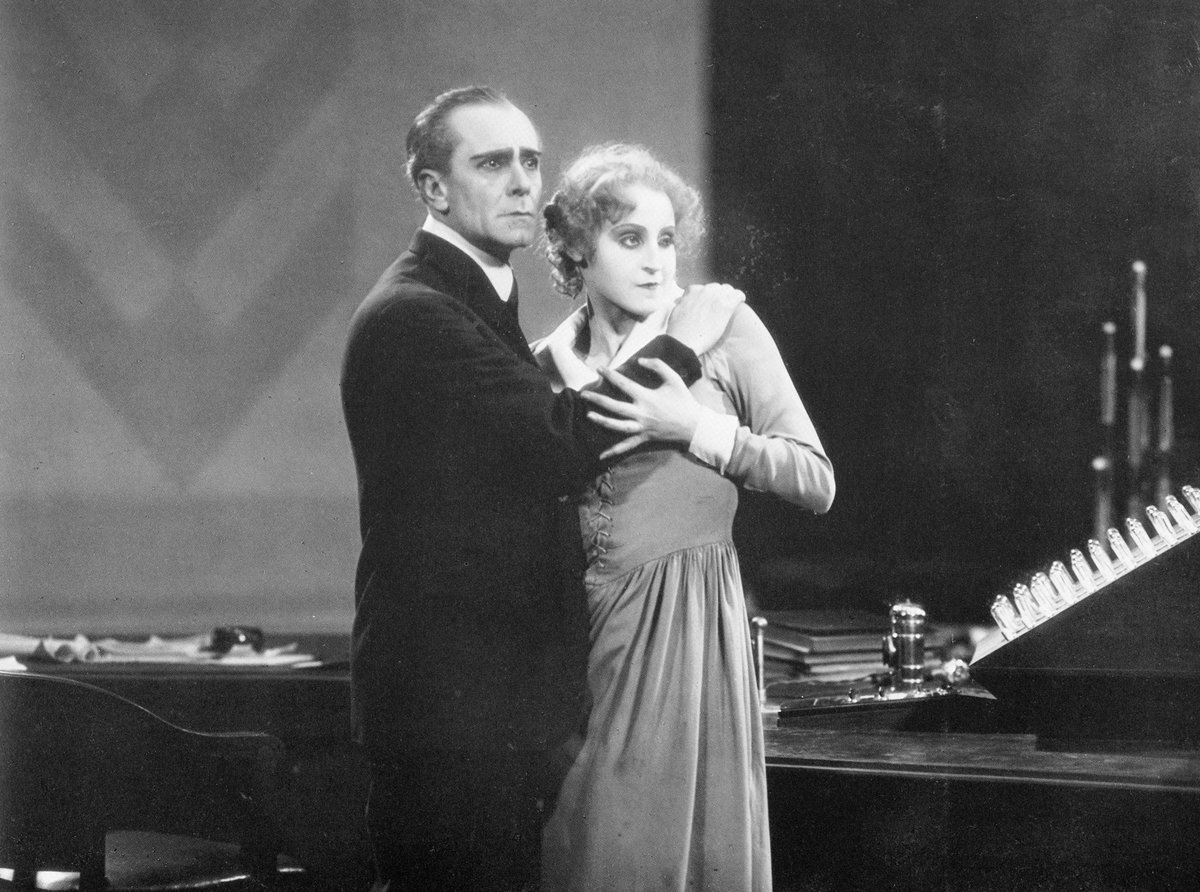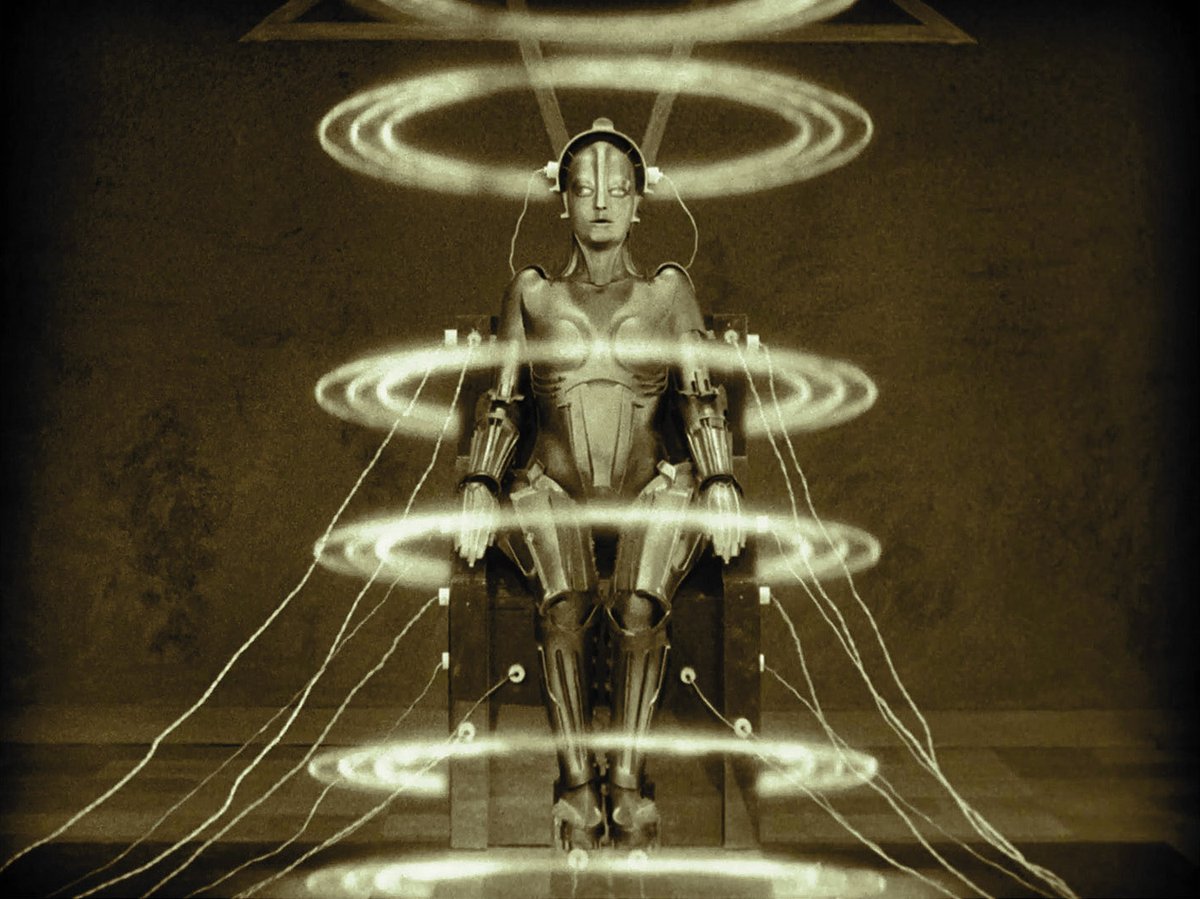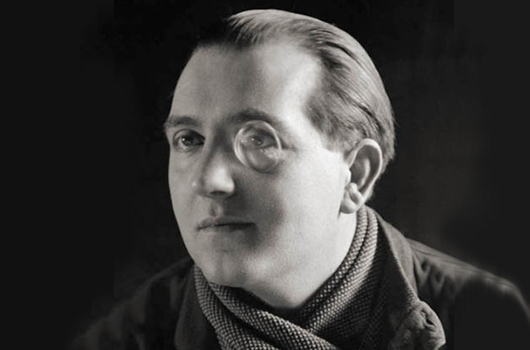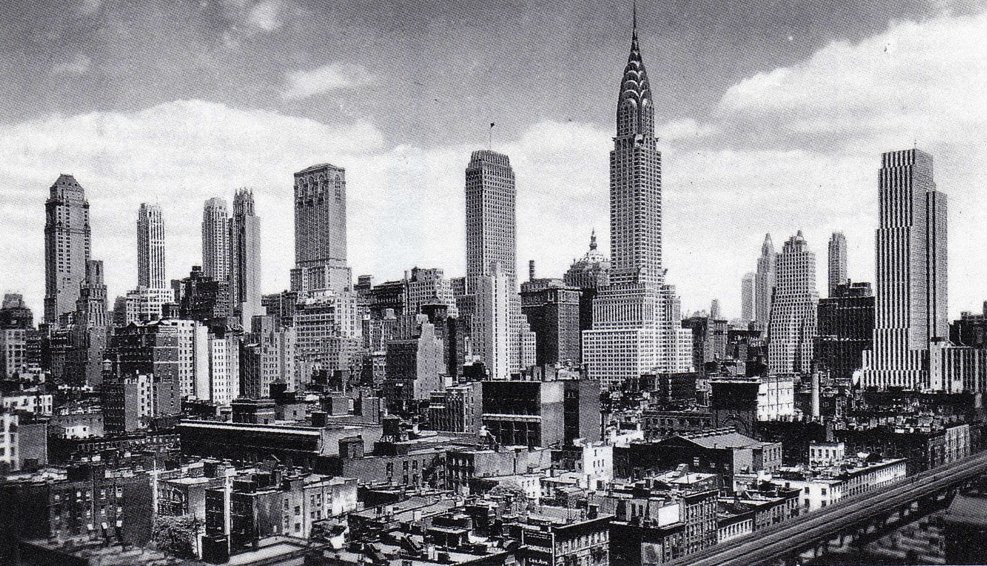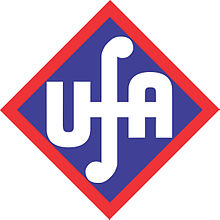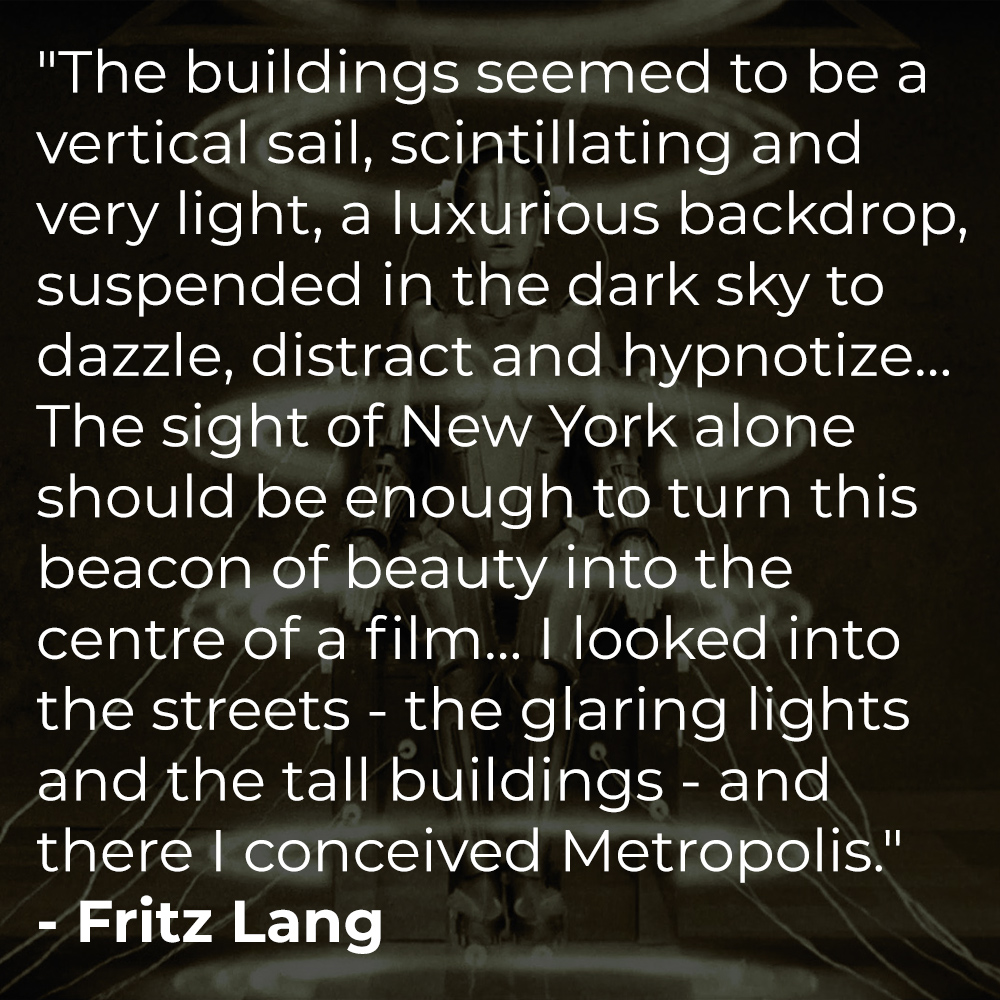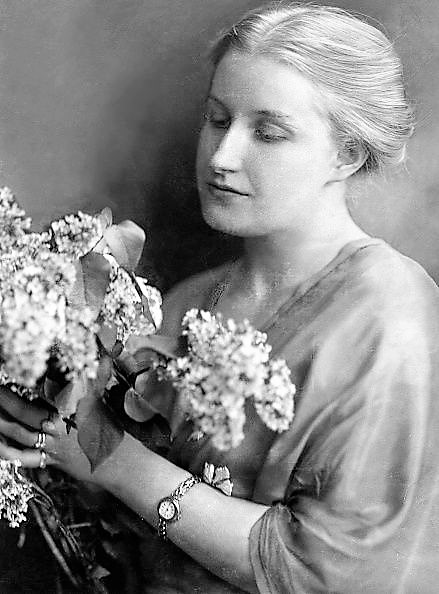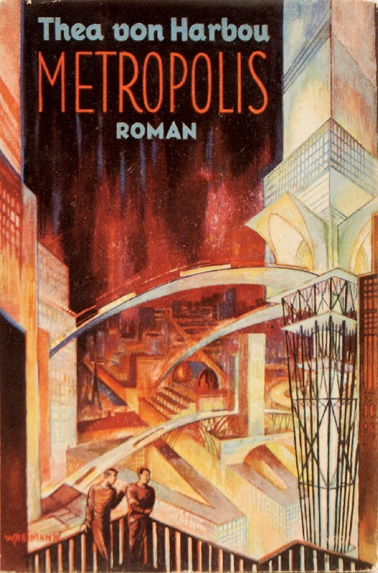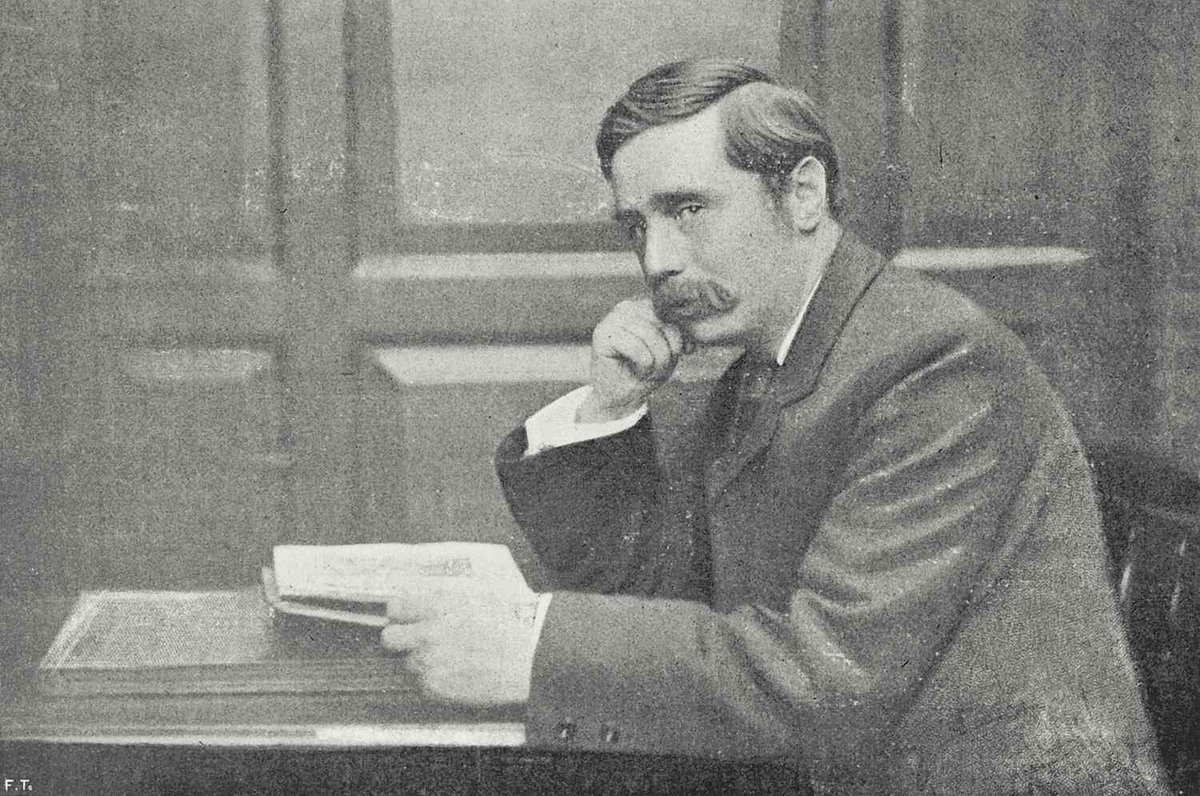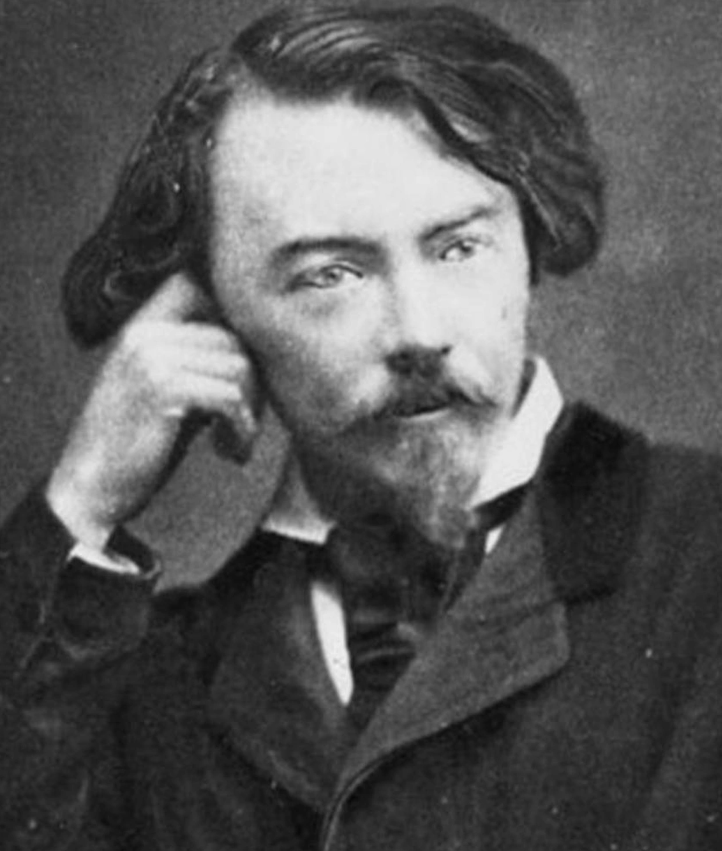INGLOURIOUS BASTERDS was released 14 years ago this week. A revisionist World War II tale and Quentin Tarantino’s first foray into the war genre, the story of how it came to be is as out there as you’d expect for QT…
1/48




1/48



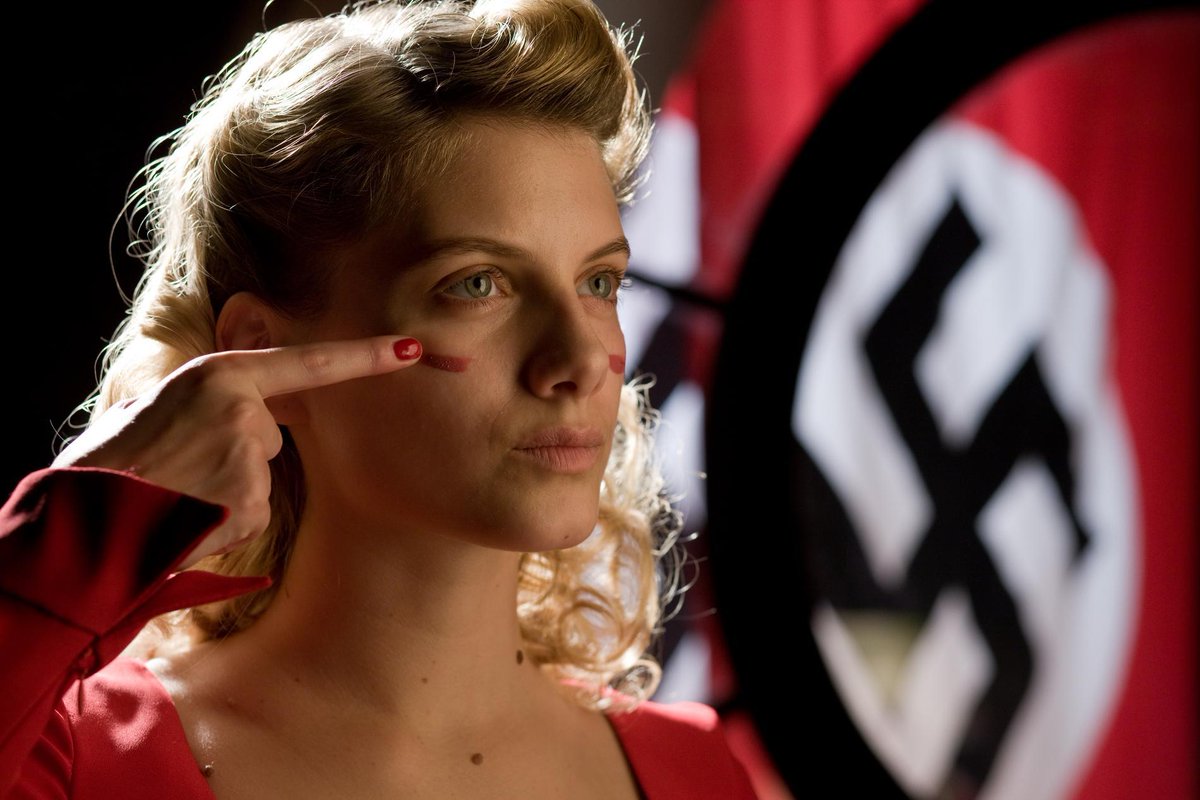
Following his first three films – Reservoir Dogs, Pulp Fiction and Jackie Brown – Quentin Tarantino was the hottest filmmaker in Hollywood. In 1998, he started writing his next film which he planned as a World War II drama.
2/48




2/48




With the script becoming bigger and bigger, Tarantino shelved it and turned to martial arts. Kill Bill Volumes 1 and 2 came in 2003/04. In 2005, QT was quoted as saying his WWII story was finished and, after Death Proof in 2007, he turned his attention back to it.
3/48




3/48




Tarantino had about 12 hrs of material and considered making a WWII TV mini-series. He told Luc Besson his idea and the French director said “You are one of the few directors who makes me want to go to the movies.” This played a part in QT deciding it should be a film.
4/48


4/48
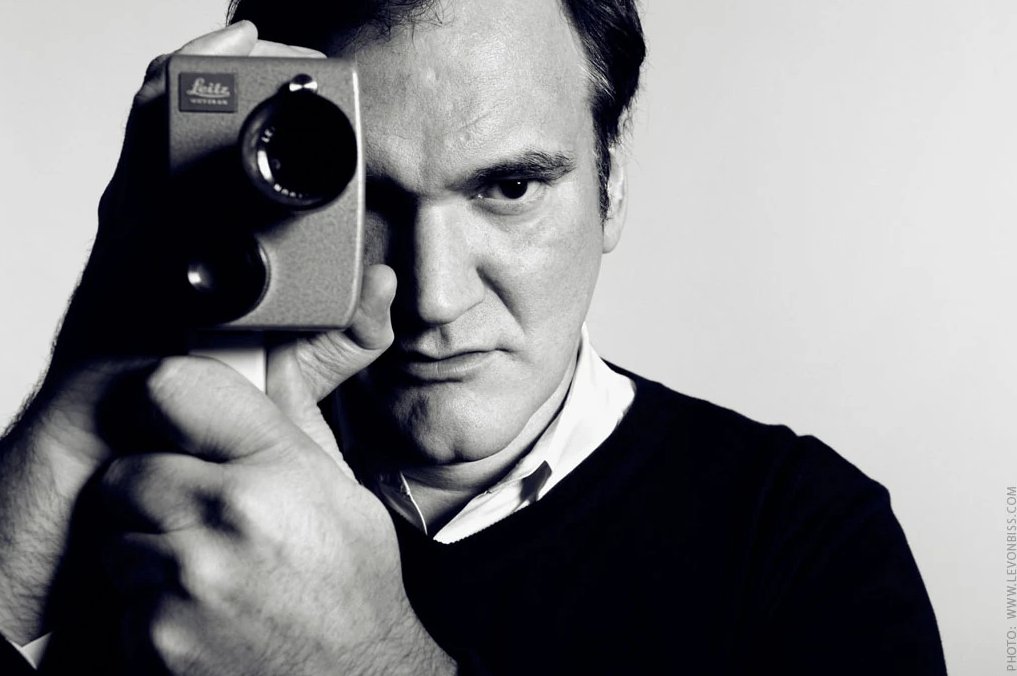

The title “Inglourious Basterds” came from a 1978 WWII film called The Inglorious Bastards by Italian director Enzo Castellari. QT changed the spelling to reflect how Aldo Raine might pronounce it. Castellari returned the favour in 2010 when he released Caribbean Basterds.
5/48


5/48


Apparently, when QT first conceived of the idea he thought about casting Sly Stallone, Bruce Willis and Arnold Schwarzenegger as the main Basterds (Aldo, Donny and Stiglitz). He quickly ditched the idea, though.
6/48




6/48




In writing the script, QT began imagining Brad Pitt as Aldo Raine. He said he quickly went from “Brad Pitt would be good at this” through “Brad would be awesome at this” to “I can’t make this movie without Brad Pitt.
7/48




7/48




Tarantino flew out to Pitt’s Chateau Miraval in France (where Pitt lived with Angelina Jolie) and over 5 bottles of Pitt’s estate’s own wine, QT convinced him to play Aldo Raine.
8/48


8/48


The name of Aldo Raine came from Hollywood star (and WWII veteran) Aldo Ray. Also, one of the casting director on Inglourious Basterds was Johanna Ray, Aldo’s ex-wife.
9/48


9/48


Aldo has a scar round his neck. It’s never explained in the film but is in the script, where it says: “Aldo Raine has one defining physical characteristic - a rope burn around his neck. As if, one time, he survived a lynching.”
10/48
10/48

When Tarantino wrote the part of Shosanna Dreyfuss, she was a sniper with a list of Nazis she wanted to kill. He used that idea for The Bride in Kill Bill though, so when he went back to Inlourious Basterds, Shosanna became a cinema owner.
11/48


11/48


Tarantino met Mélanie Laurent 3 times before casting her as Shosanna. He said to her "There's just something I don't like… you're famous, and I'm wanting to discover somebody." Laurent replied "No, no, no. ... I'm not famous." And after that he offered her the part.
12/48




12/48




To prepare for the role, Laurent worked as a projectionist for a few weeks at New Beverly Cinema, which is owned by Tarantino. The big test was for her to screen Reservoir Dogs.
13/48




13/48

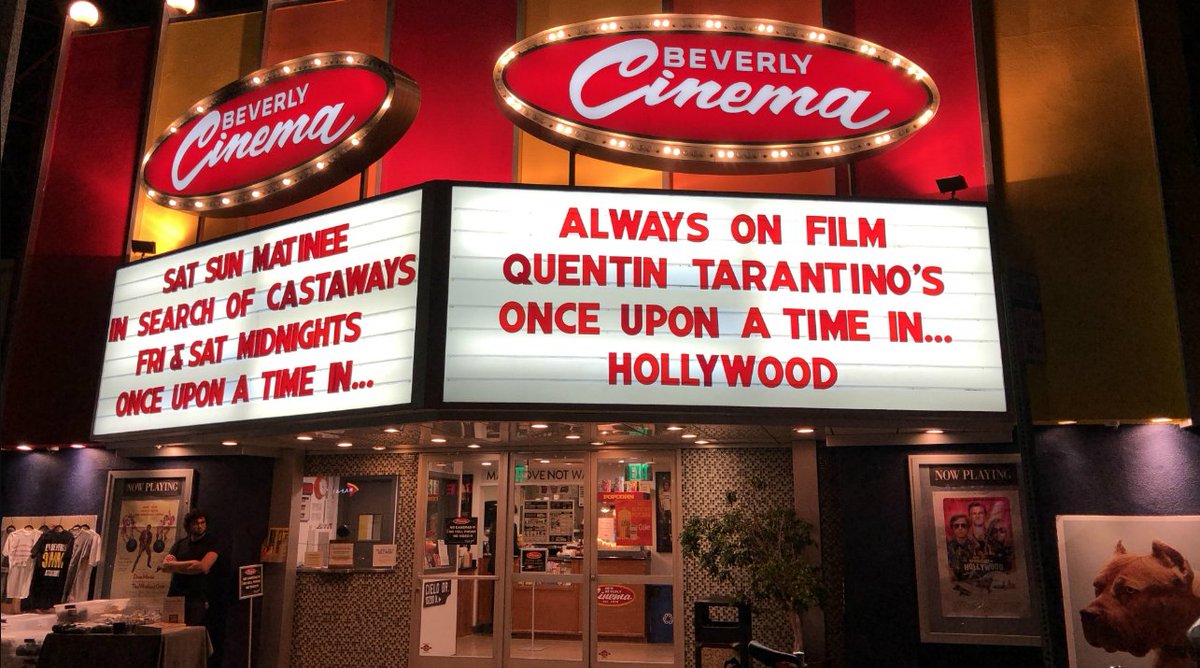


Leonardo DiCaprio was the first person QT wanted as SS villain Cpl Hans Landa (though some reports say LDC was up for the part of Aldo). Tarantino changed his mind when he decided he wanted a multilingual actor. Instead, QT cast as bad guy Calvin Candie in Django Unchained.
14/48

14/48
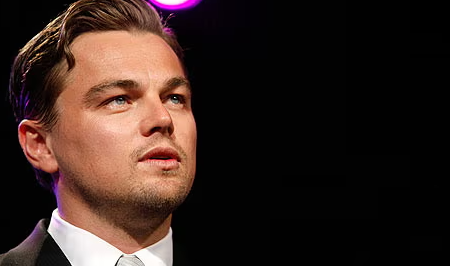

It was a struggle to find an actor who could speak the 4 languages needed to play Landa. Producer Lawrence Bender said QT was worried he’d written a part that was “unplayable.” He was considering abandoning the project – Bender convinced him to give them a little longer.
15/48


15/48
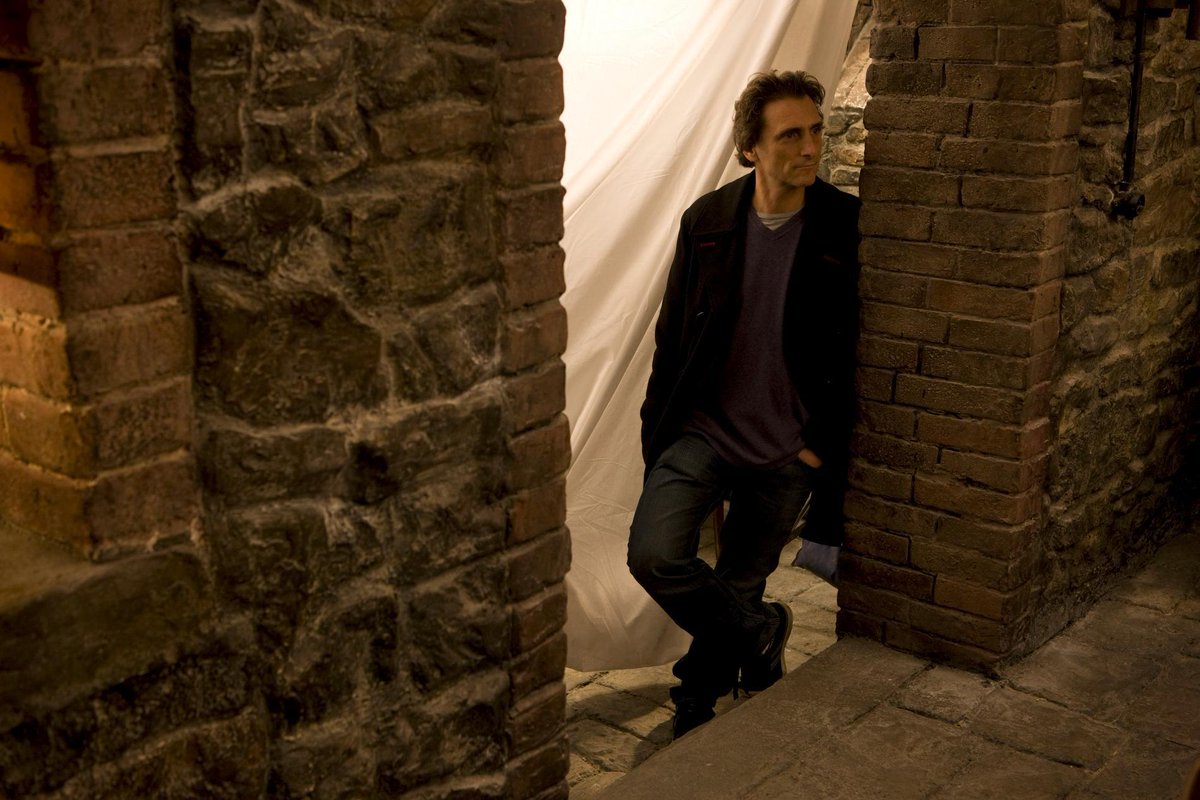

Later that morning, Christoph Waltz walked in to audition. Bender said that after Waltz left, he and Tarantino were high fiving each other. Tarantino would later say “[Waltz] gave me my movie back.”
16/48




16/48




Waltz was the first actor to win an Oscar for appearing in a Tarantino movie. He was also the second, when he won for Django Unchained 3 years later.
17/48


17/48


For the role of movie star/Allied spy Briget Von Hammersmark, Tarantino wanted German actress and model Natassja Kinski. He flew to Germany to meet with Kinski, but an agreement couldn’t be reached.
18/48


18/48


At the time, German actress Diane Kruger was mostly known in Hollywood for appearing in Troy and National Treasure. As such, Tarantino thought she was American and had dismissed her. So when she auditioned and started speaking German, QT was blown away.
19/48




19/48




Briget was partly based on Hollywood legend Marlene Dietrich, who worked with the Allies in WWII. Dietrich recorded a series of propaganda songs intended to demoralise German soldiers. After the war, Dietrich received the American Medal of Freedom.
20/48


20/48


Daniel Brühl played German war hero Frederick Zoller but wasn’t fluent in French. As such, he did some of his audition in French and some in Spanish, hoping QT wouldn’t notice. He didn’t, so Brühl got the part, and brushed up on his French before filming.
21/48


21/48


Til Schweiger plays Basterd and Gestapo-killer, Hugo Stiglitz. Tarantino said native-German Schweiger had always refused to wear a Nazi uniform on screen. QT told Schweiger that in every scene Hugo wears a uniform he kills Nazis, and Schweiger agreed.
22/48




22/48




The part of Lieutenant Archie Hicox was written for Tim Roth, but Roth had to turn the part down due to scheduling conflicts with TV show Lie To Me. Simon Pegg was lined up but also had to pull out due to scheduling conflicts with The Adventures of Tintin.
23/48




23/48




Michael Fassbender auditioned t play Hicox and, as a native German speaker, inquired about playing Hans Landa. Tarantino said to him, "Look, man, any guy that gets cast as Heathcliff is not f***ing German enough to play my Landa, all right?"
24/48


24/48

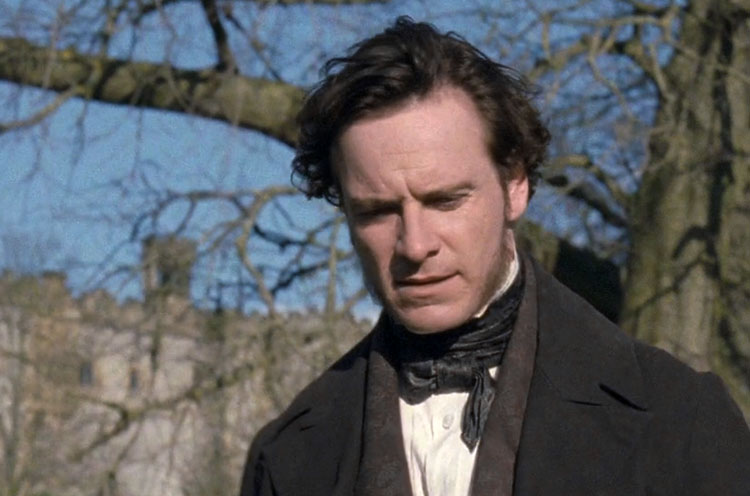
Tarantino wanted Adam Sandler to play Sergeant Donny Donowitz, but Sandler had to turn it down due to conflicts with Funny People. Tarantino turned to his filmmaking pal Eli Roth to play Ther Bear Jew instead.
25/48




25/48
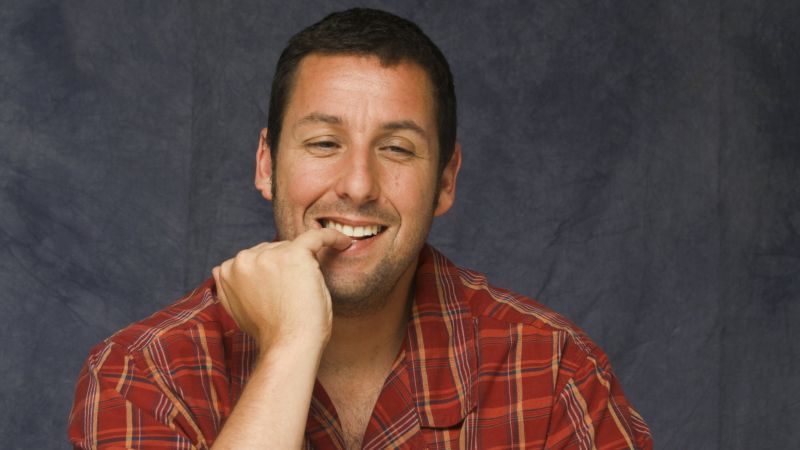



Roth said getting into character wasn’t too hard: "Being in wool underwear will make you want to kill anything" He also said his girlfriend had secretly added some Hannah Montana music onto his iPod, which made him inexplicably angry.
26/48


26/48

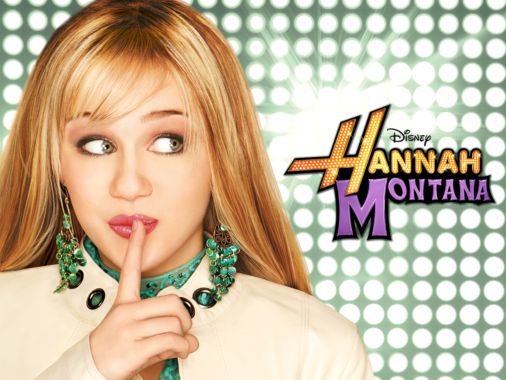
There are a couple of cameos from longtime QT collaborators: Samuel L. Jackson narrates some flashback scenes, and Harvey Keitel is the radio voice of the American officer who makes a deal with Landa towards the end.
27/48


27/48

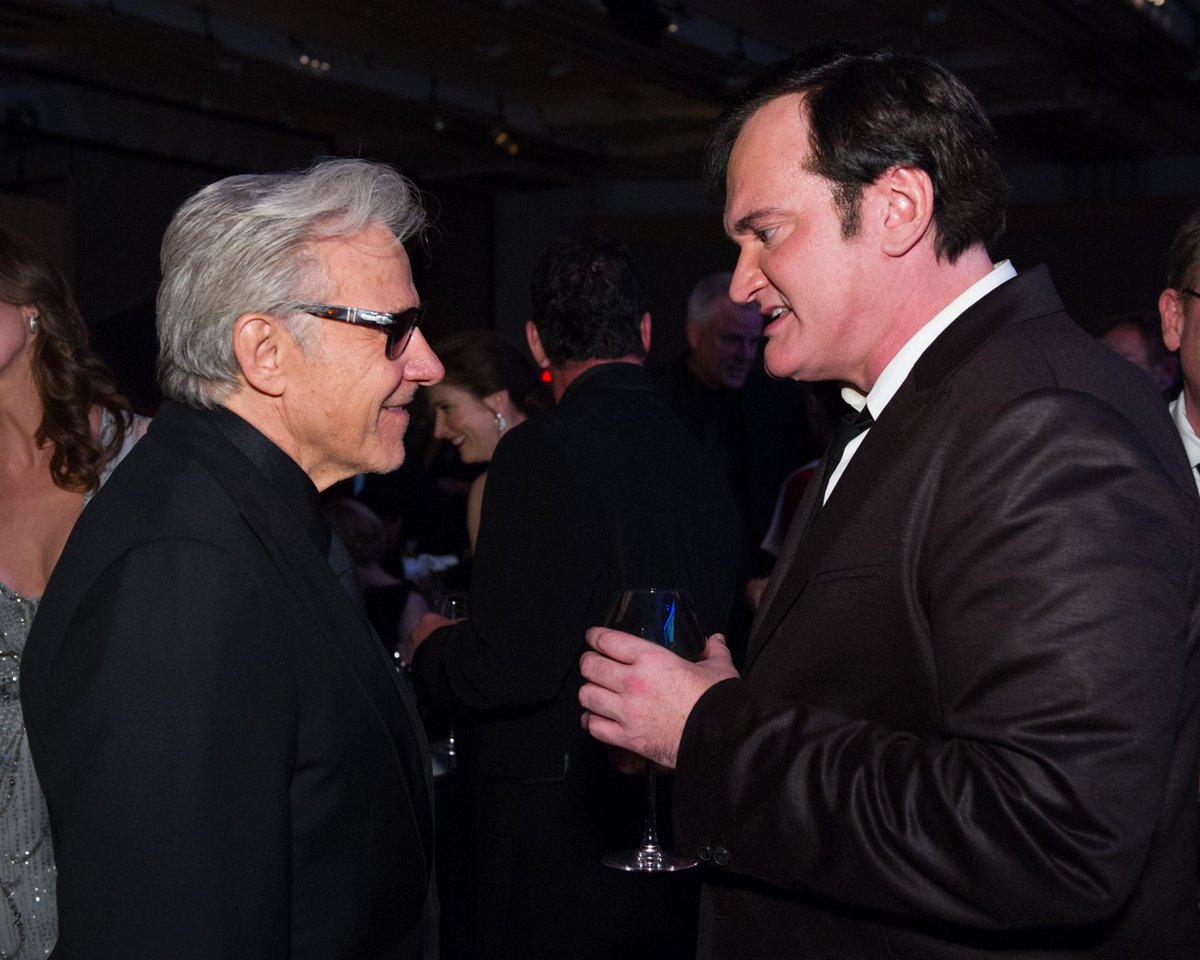
And Tarantino himself shows up twice: we see him as a Nazi soldier being scalped and then later in the film-within-a-film – the Nazi propaganda movie Nation’s Pride – he plays an American who says "I implore you, we must destroy that tower!"
28/48


28/48


Tarantino took influence from Spaghetti Westerns. Italian maestro Ennio Morricone has 8 pieces on the score, and the original title of the film was Once Upon a Time in Nazi-Occupied France. This became the title of the first chapter, and is a nod to 2 Sergio Leone classics.
29/48



29/48




The story was partly inspired by Operation Greenup, an Office of Strategic Services mission. In 1945, Frederick Mayer, Hans Wijnberg and Franz Weber parachuted into Austria and posed as Nazis to gather intelligence. Mayer was captured and tortured but never gave up the others.
30/48
30/48

There are many references to the movie industry of the time. At the premiere, Joseph Goebbels introduces Zoller to Emil Jannings. Jannings starred in 1920s German classics like Faust and was the first person to ever win a Best Actor Oscar in 1929.
31/48




31/48




Donny uses the alias Antonio Margheriti, who was an Italian director of cult films like Cannibal Apocalypse. And Enzo Gorlami (Aldo’s pseudonym) was the real name of Enzo Castellari, who directed The Inglorious Bastards in 1978. Castellari even shows up in the background.
32/48




32/48




In Shosanna’s cinema, Goebbels throws a tantrum when Francesca mentions Lilian Harvey. She was an actress who had to flee Germany in 1939 after helping gay Jewish choreographer Jens Keith escape the country.
33/48


33/48


The film ties into the Tarantino-verse:
- Donny Donowitz is the father of Lee Donowitz, the producer in True Romance.
- Aldo Raine is the grandfather of Floyd from True Romance.
- Archie Hicox is the great great-grandson of Pete Hicox in The Hateful Eight.
34/48



- Donny Donowitz is the father of Lee Donowitz, the producer in True Romance.
- Aldo Raine is the grandfather of Floyd from True Romance.
- Archie Hicox is the great great-grandson of Pete Hicox in The Hateful Eight.
34/48



At the end of each take, actors would face the camera and say "Hello Sally." They were talking to Sally Menke, Tarantino’s editor who had worked with him since Reservoir Dogs. She sadly passed in 2010 so this was the last QT film she worked on, and was Oscar-nominated.
35/48
35/48
The title we see at the start of the film doesn’t use the movie’s logo, it’s a scan of Tarantino’s own handwriting. It was taken from the cover of the first draft of the screenplay.
36/48


36/48

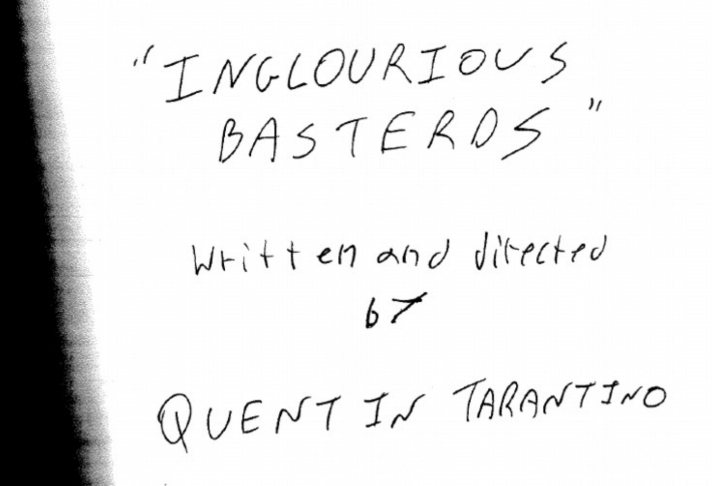
Tarantino offered the part of LaPadite to Jean Reno, but he said: “No thanks! A Frenchman who betrays a Jewish family is the caricature of the dirty Frenchman.” Denis Menochet was cast and said he channelled his grandfather, who was in the French Resistance.
37/48


37/48


In the opening, the LaPadite daughter Landa approaches is Charlotte (Lea Seydoux). She is the only girl with the blonde hair/blue eye Aryan features. Landa then grabs the wrist of Suzanne. Tarantino said he does this to check her pulse to see how anxious she is.
38/48


38/48


There are two Anne Frank refences in the film. Donny has her name written on his baseball bat, though we can’t see it. Also, Shosanna’s father, Jakob (who we see beneath the floorboards), was played by Patrick Elias, whose father, Buddy, was Anne Frank’s cousin.
39/48



39/48


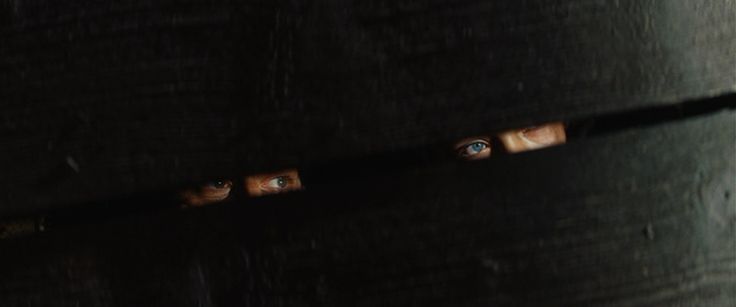
When Tarantino called Rod Taylorto offer him the role of Winston Churchill, Taylor pointed out Albert Finney (famous for playing Churchill) was still alive. Tarantino said "If Rod Taylor turns me down, I'll call Albert Finney." Taylor came out of retirement for the film.
40/48




40/48

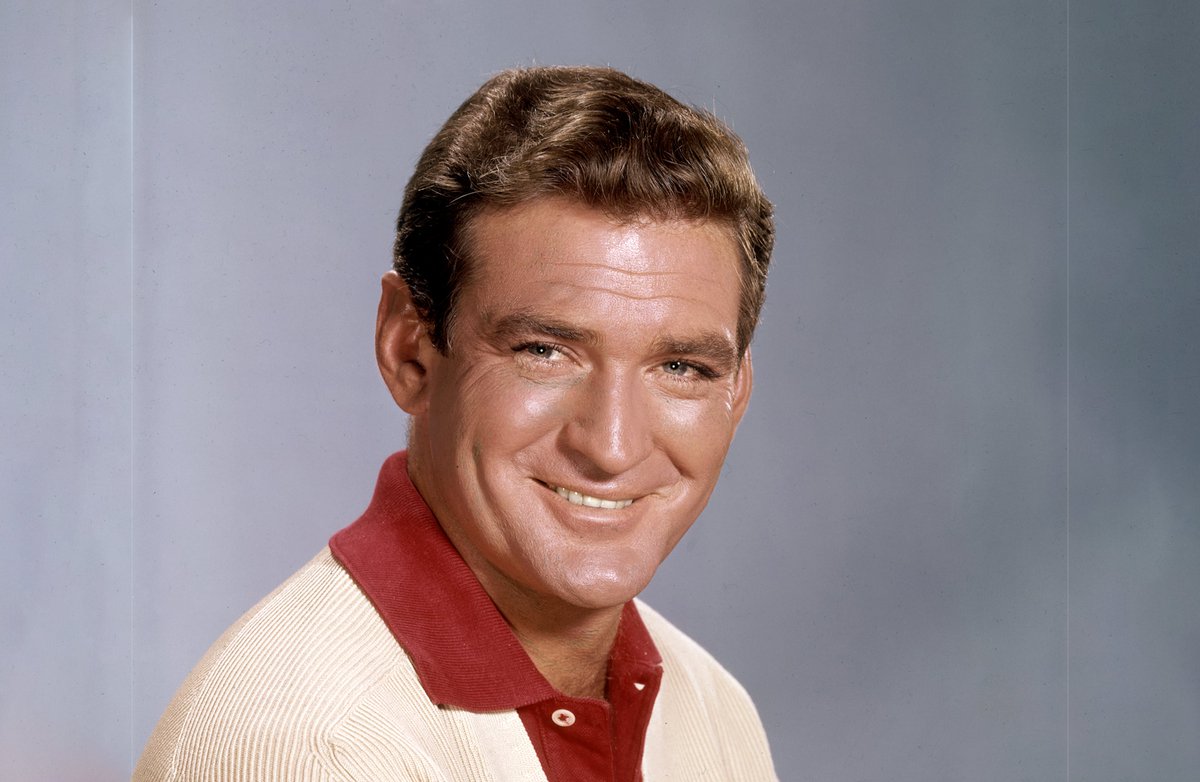


In the bar, Hicox says he’s from a village near the Pitz Palu and was in “the Riefenstahl film.” This was a real film: The White Hell of Pitz Palu starred Leni Riefenstahl and was directed by GW Pabst, whose name is on Briget’s hat. We see a poster for it at Shosanna’s cinema.
41/48



41/48




The Nazi propaganda film Nation's Pride was directed by Eli Roth, with help from his brother Gabriel. QT gave them two days to shoot it but was so pleased with what they came up with that he gave them an extra day. The full film is 5m30s long.
42/48


42/48


Shosanna mentions the cinema was left to her by the Mimeaux’s, and Tarantino wanted Isabelle Huppert to play Madame Mimeaux. They couldn’t agree on a salary though, so Maggie Cheung was cast. Her scenes were cut, though.
43/48


43/48


There was also a scene where the Basterds make the vet treat Bridget’s bullet wound by Donny shooting two of his dogs in cages. It was cut but you can see two dead dogs in the background.
44/48


44/48


To film the scene where Landa strangles Briget, Tarantino choked Kruger for real: "I said, I'm gonna strangle you, alright? We're gonna see the reaction in your face and I'm gonna yell cut." Kruger accepted but lost consciousness for a few seconds.
45/48


45/48


In tests for the end where the cinema burns down, the temperature hit 750 degrees. During filming though, it went out of control and hit 2000 degrees. The fire marshall said if QT had cut 15 seconds later, the set would’ve collapsed and the actors would’ve been incinerated.
46/48



46/48




Under German laws, it is forbidden to display Nazi symbols for any reason except historical accuracy. As such, the swastika was removed from all marketing materials, including the poster.
47/48


47/48


On a $70m budget, Inglourious Basterds took $321.5 million in total, making it Tarantino’s highest-grossing film at the time.
48/48




48/48




If you liked our story of the making of INGLOURIOUS BASTERDS, please share the first post 😀
https://x.com/ATRightMovies/status/1741041091535675745?s=20
• • •
Missing some Tweet in this thread? You can try to
force a refresh


